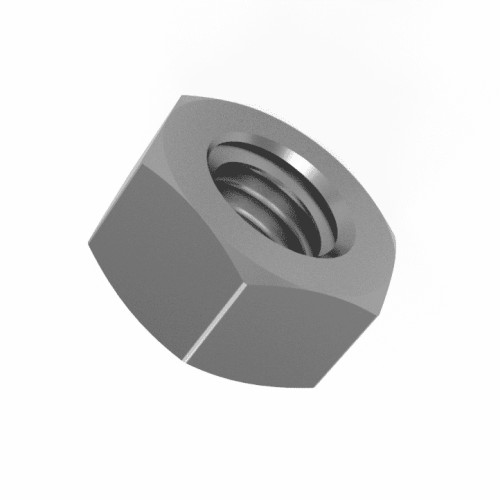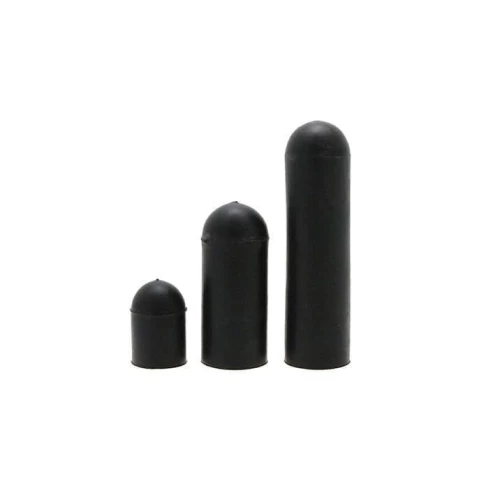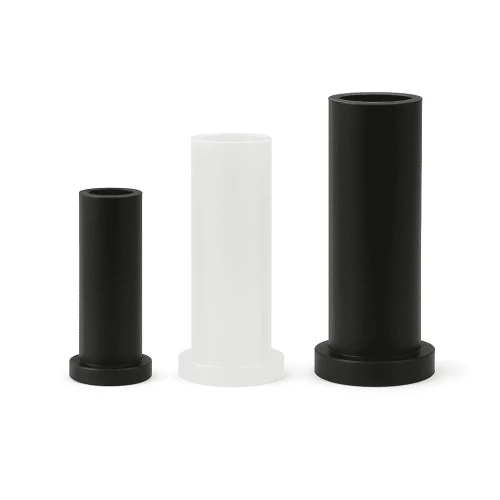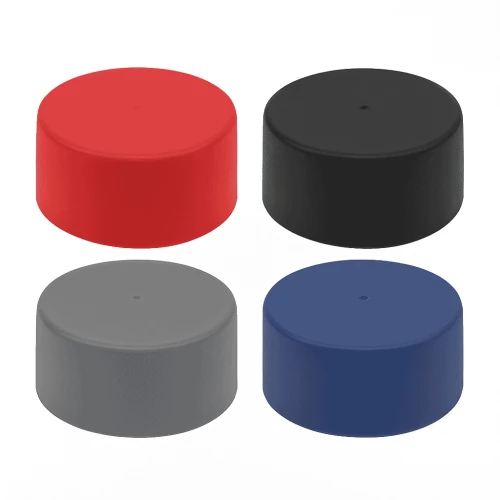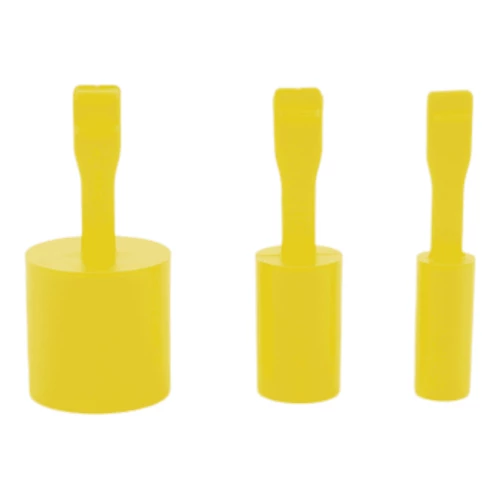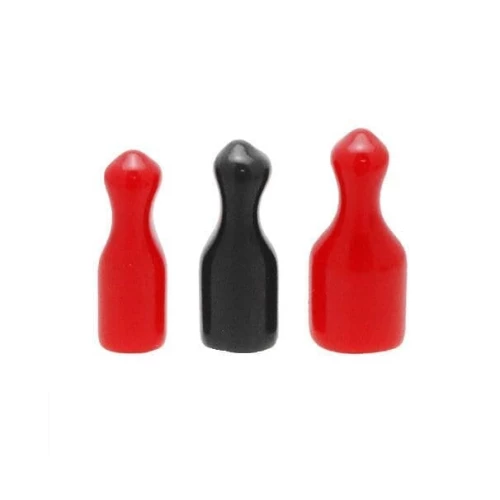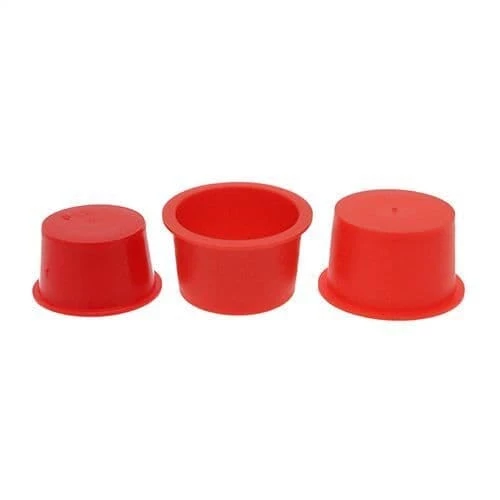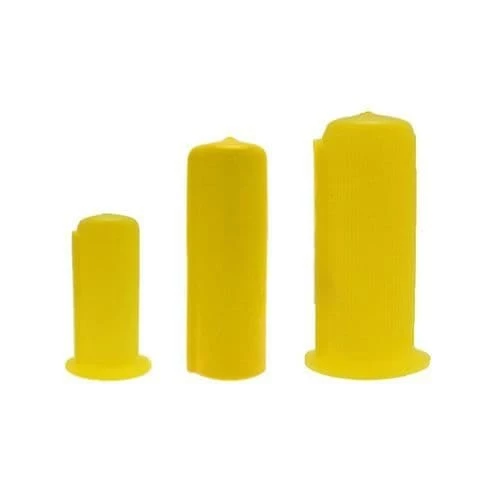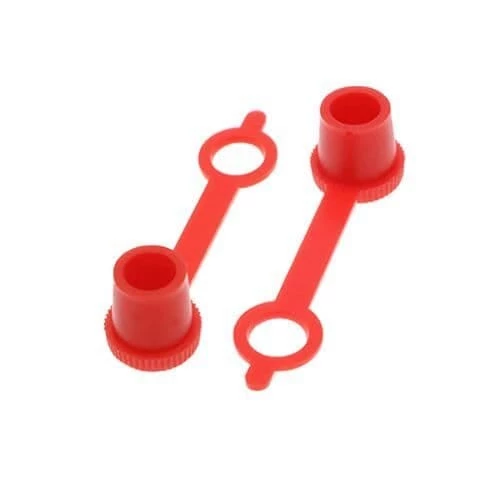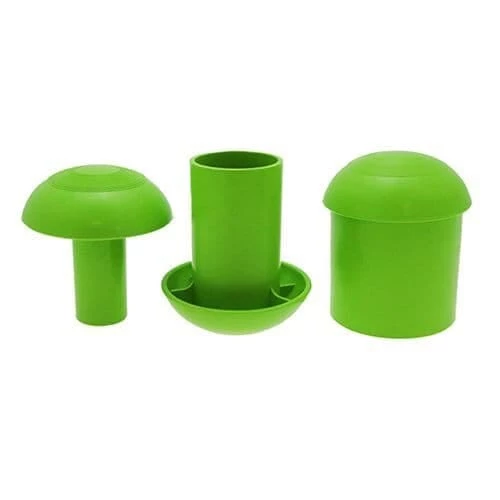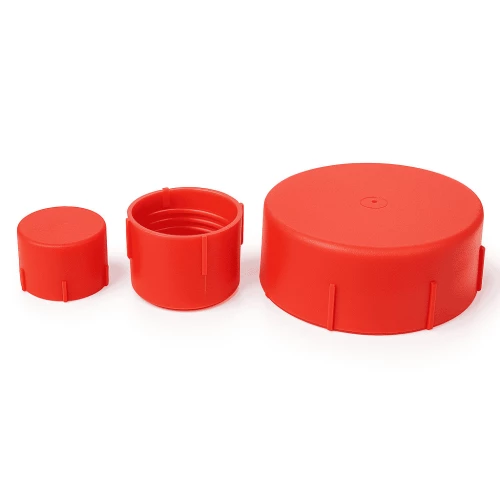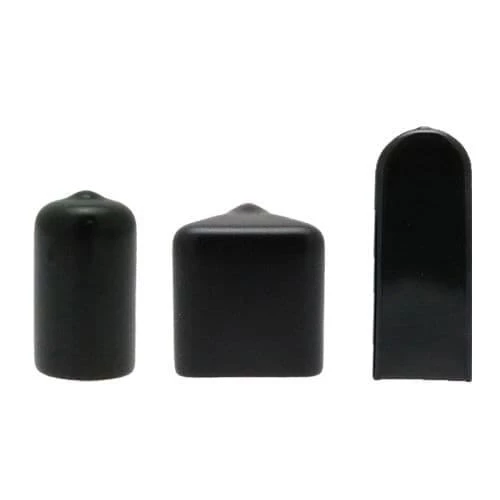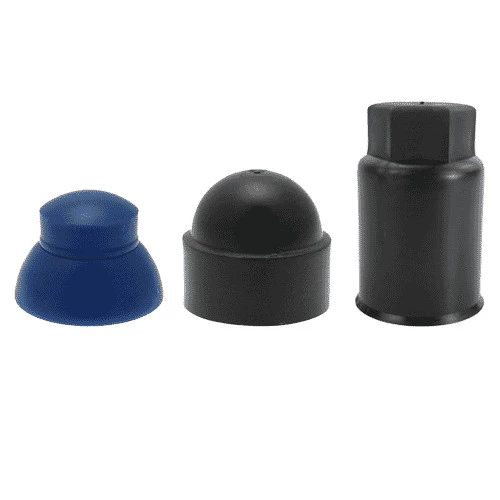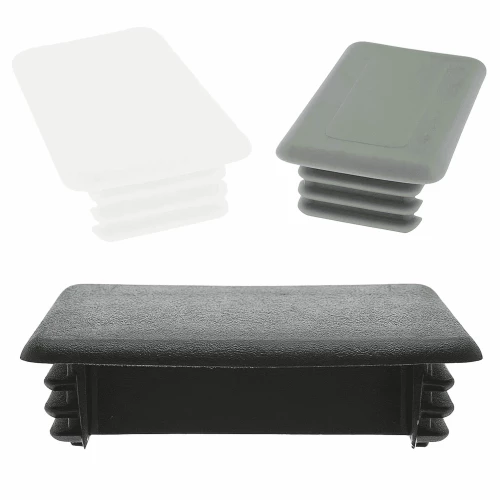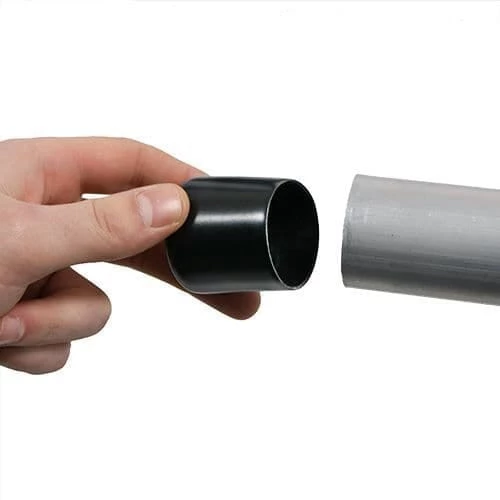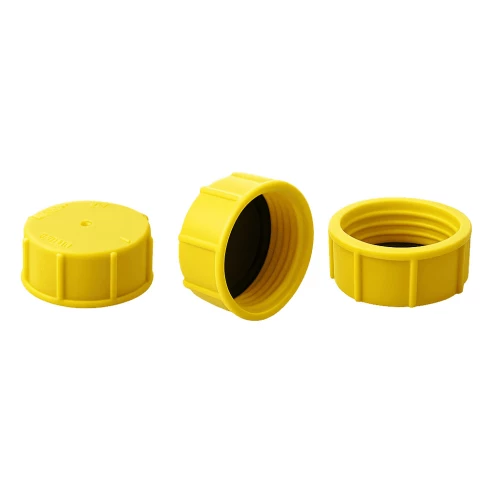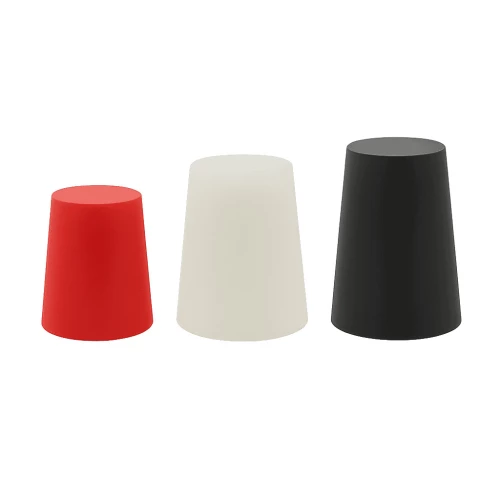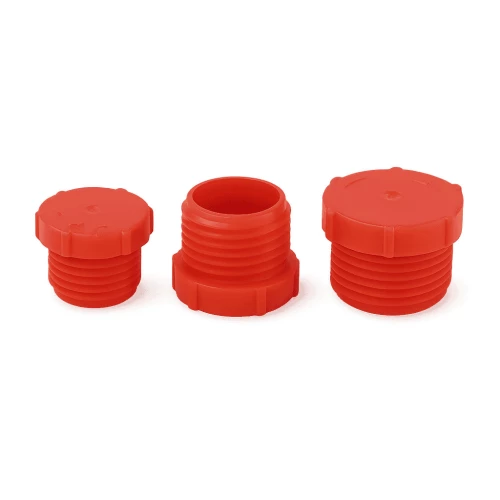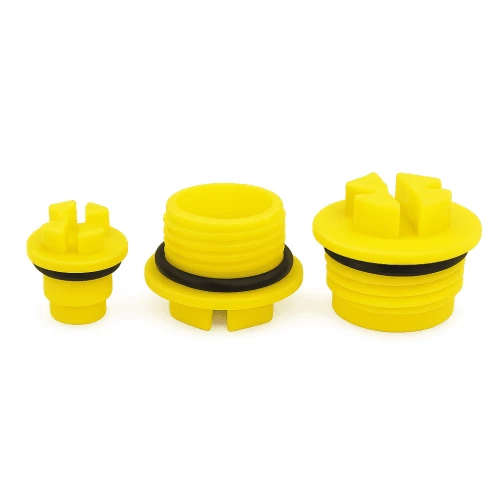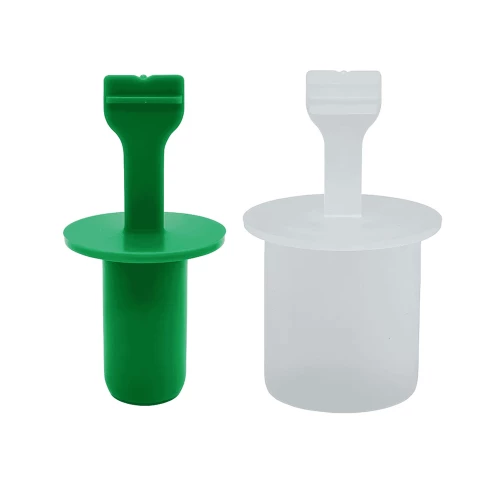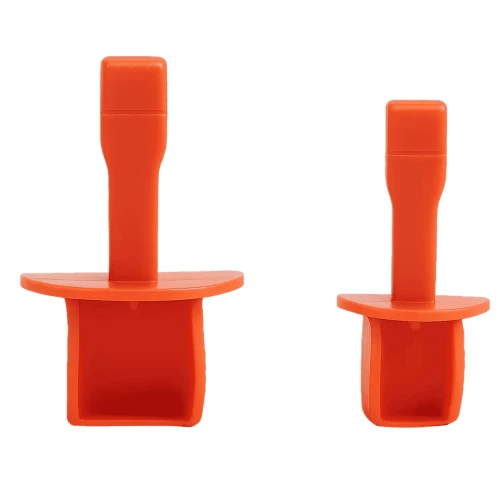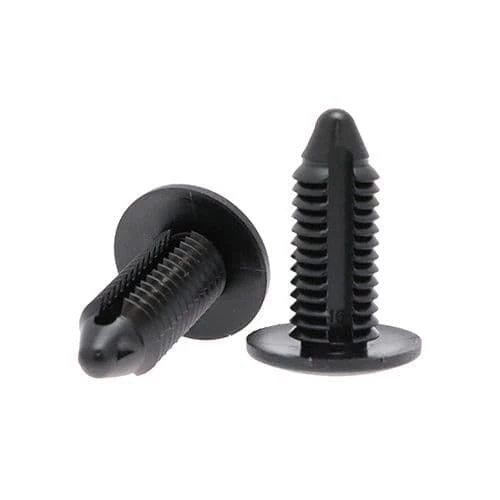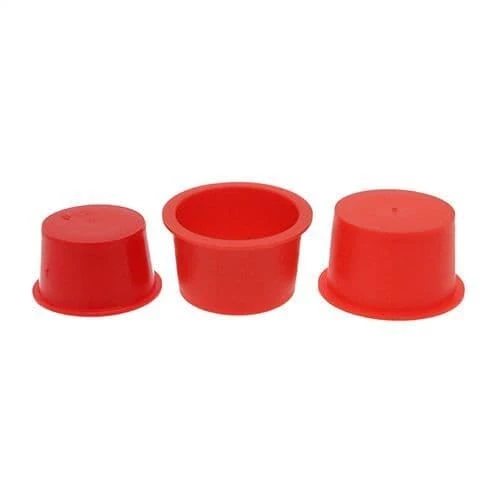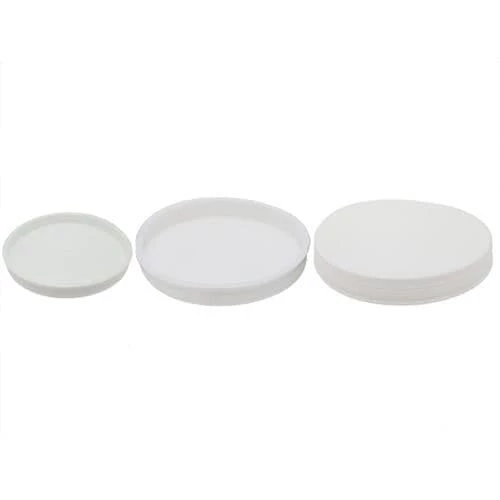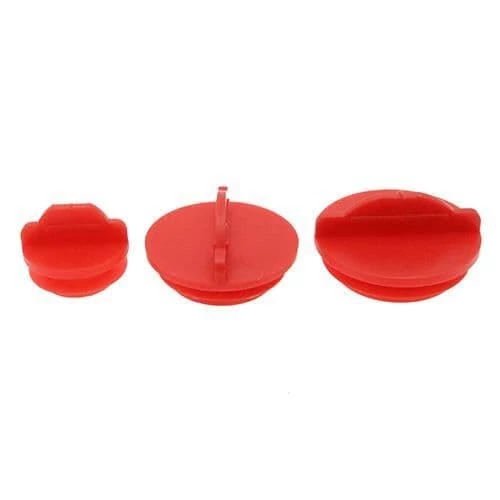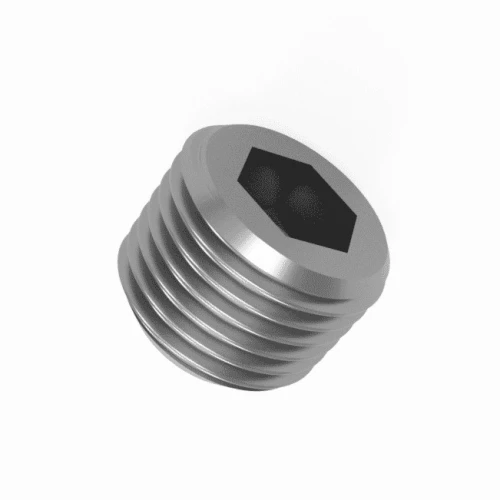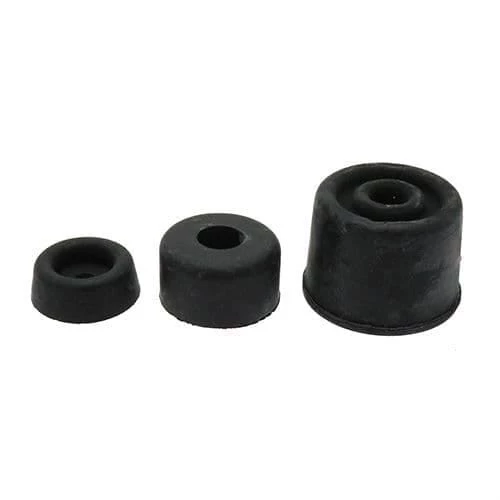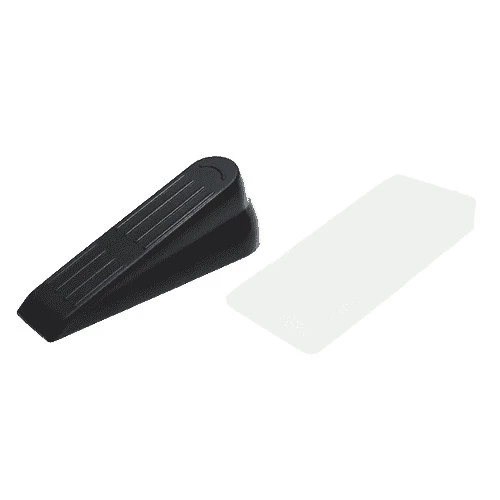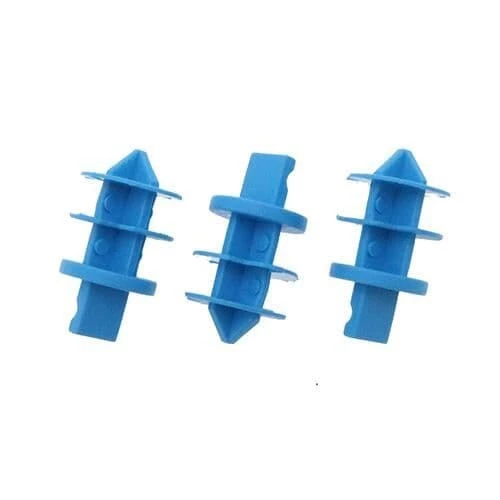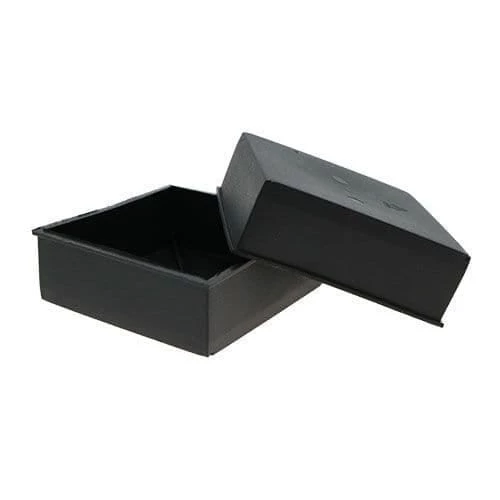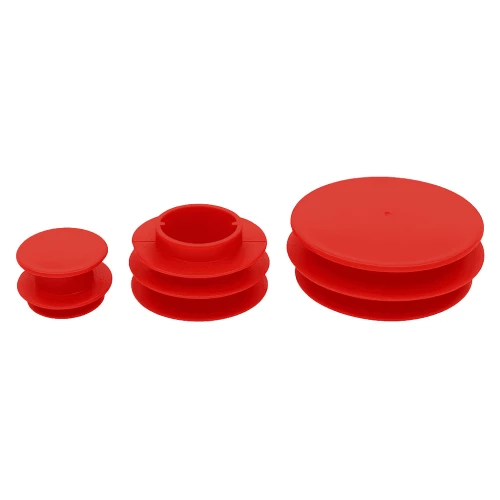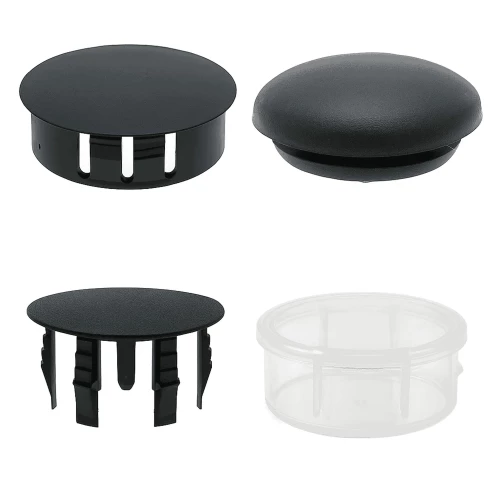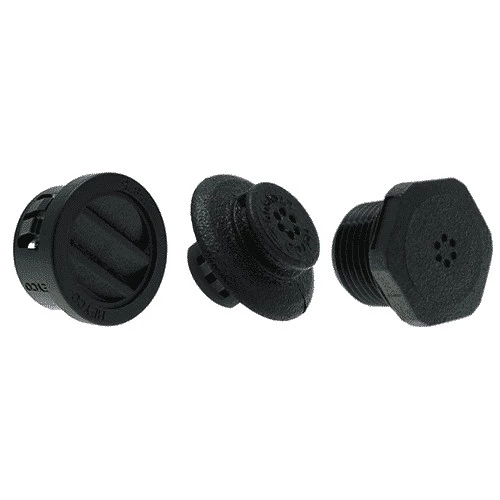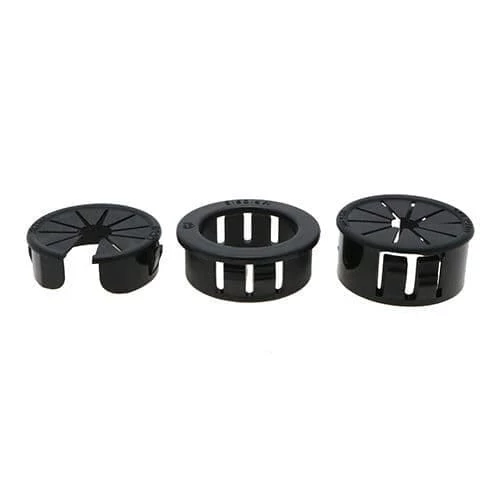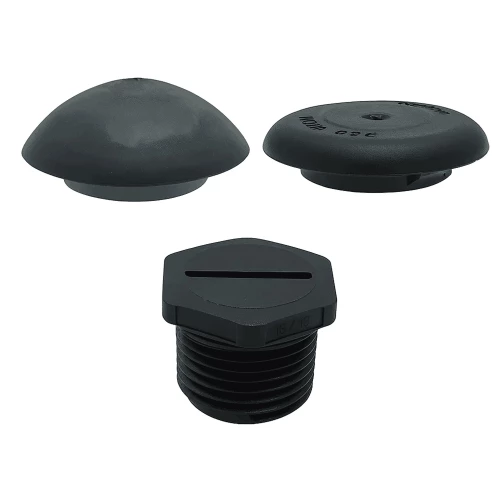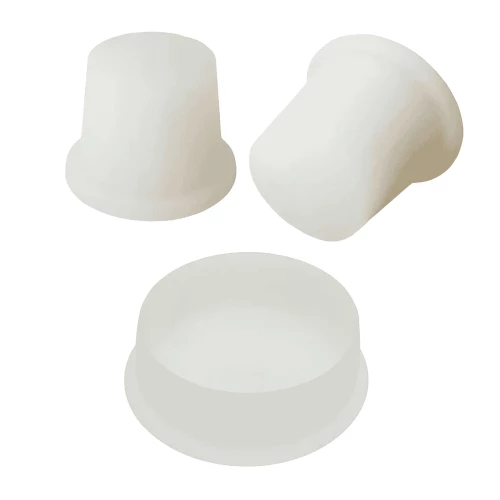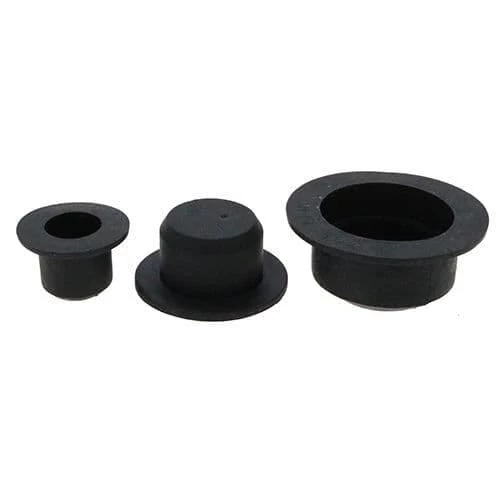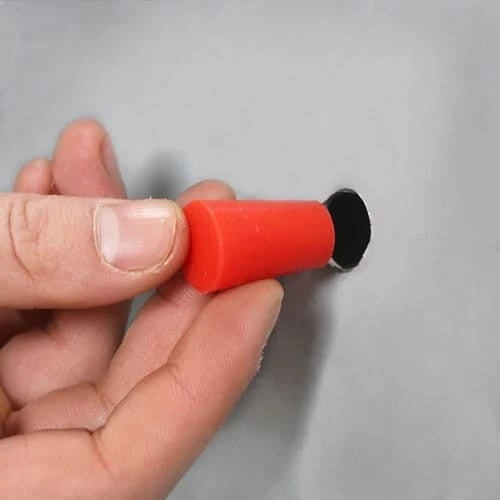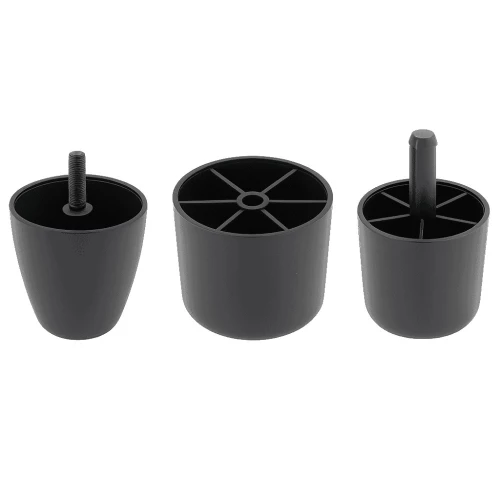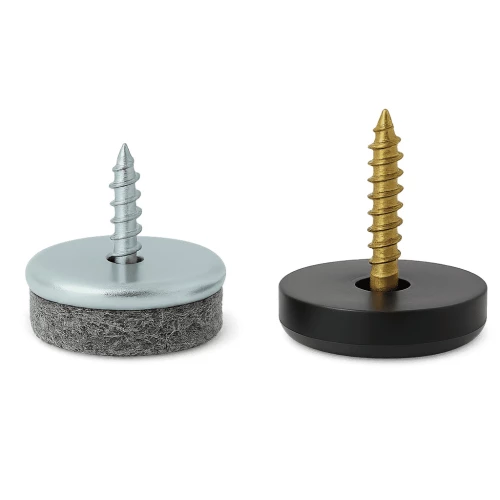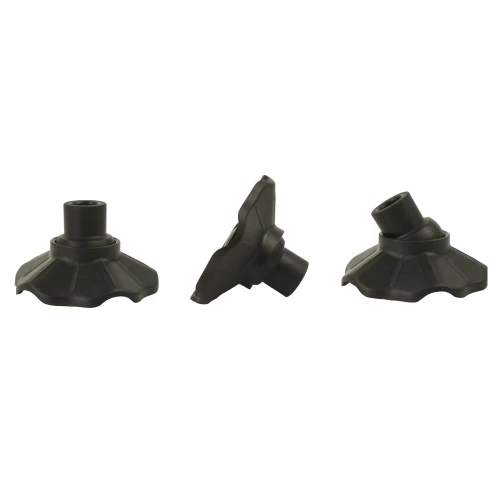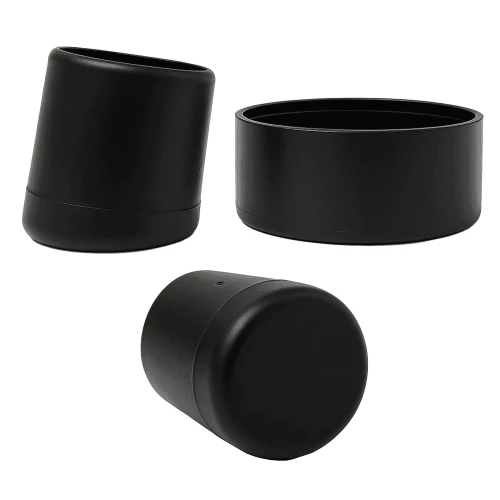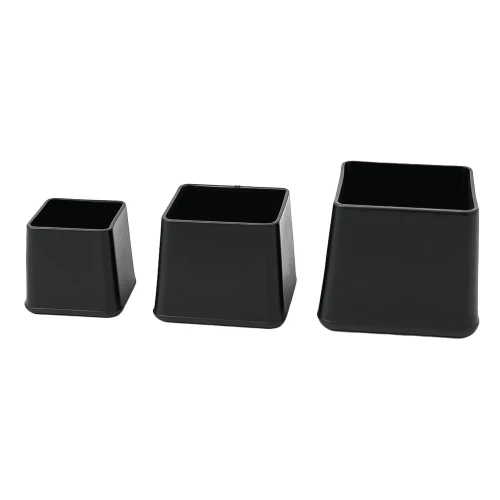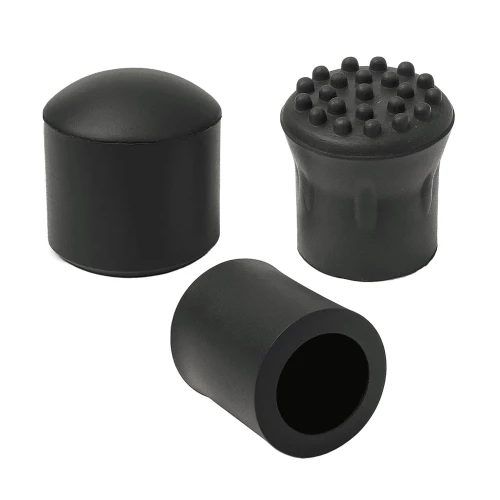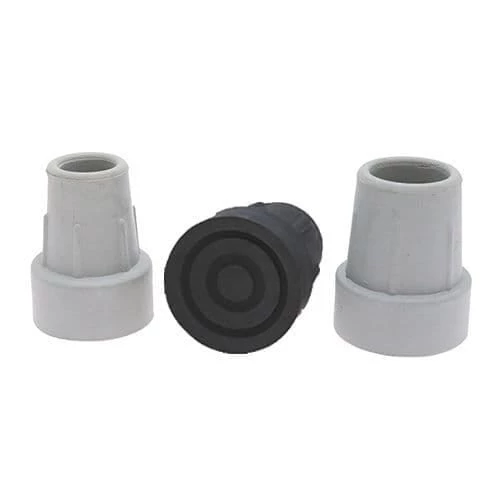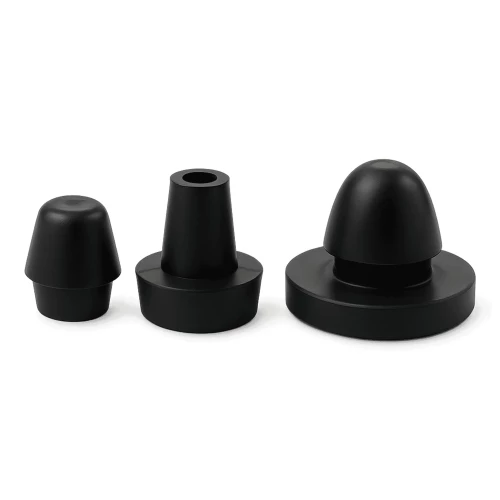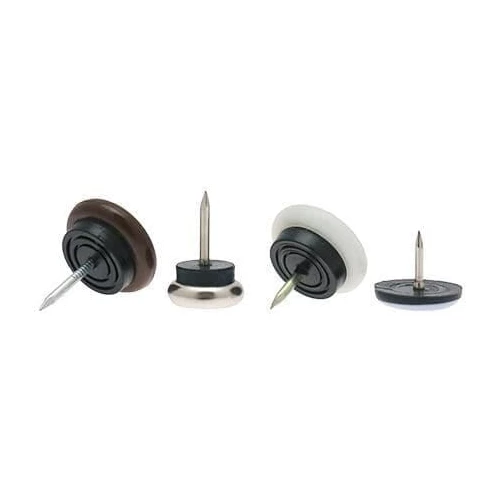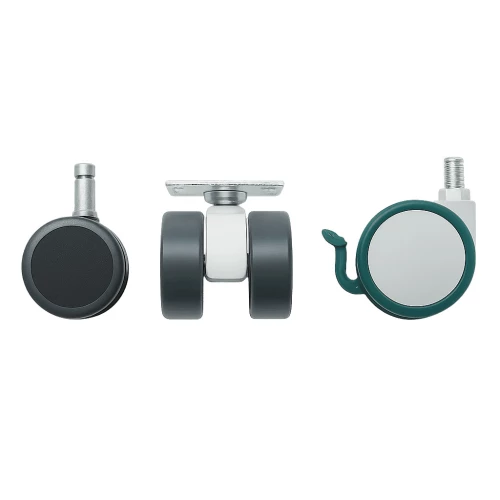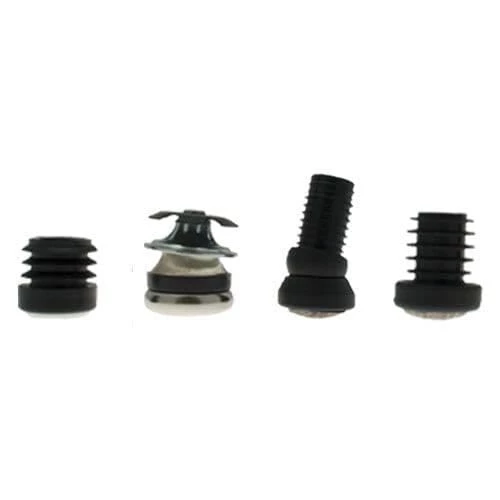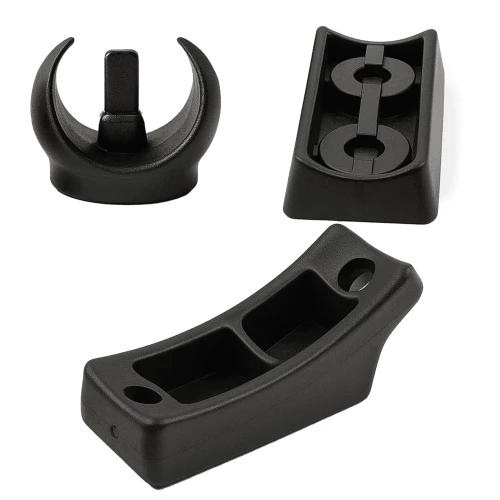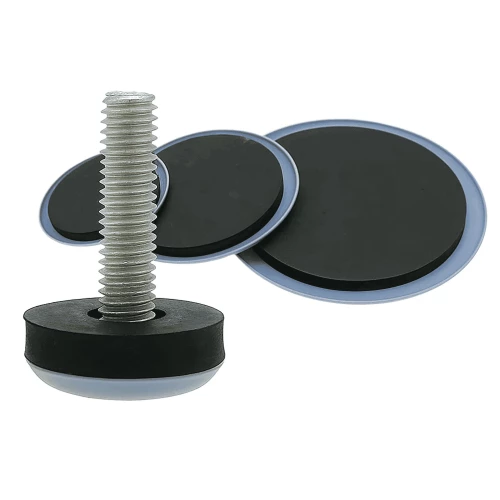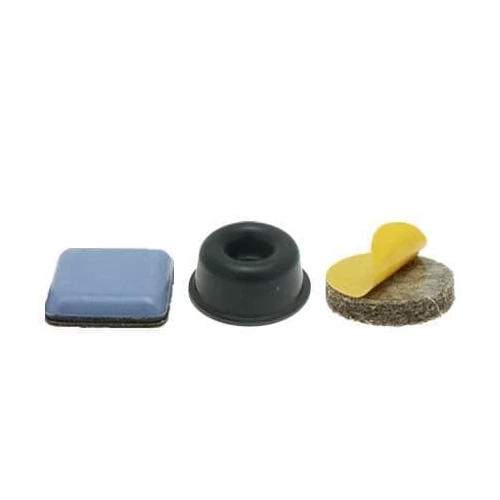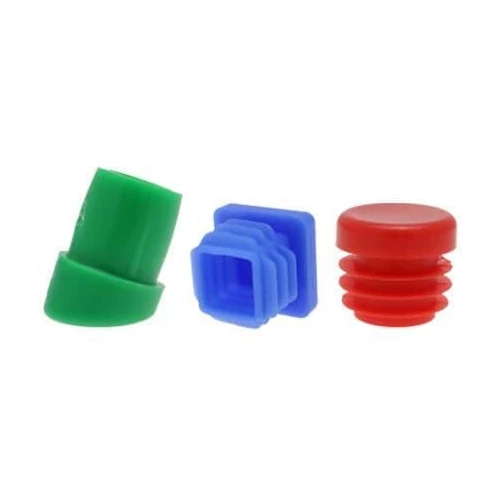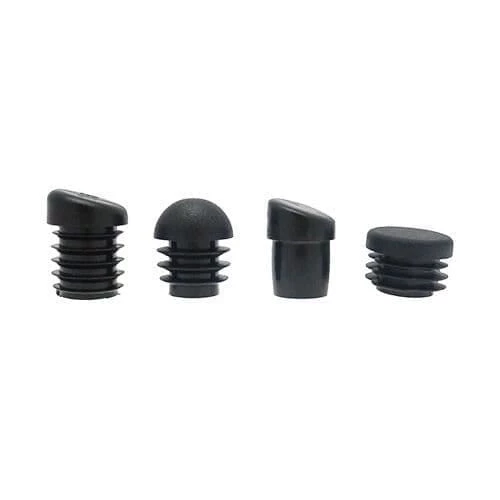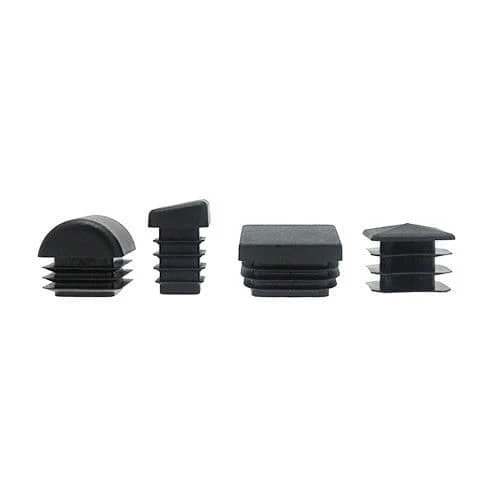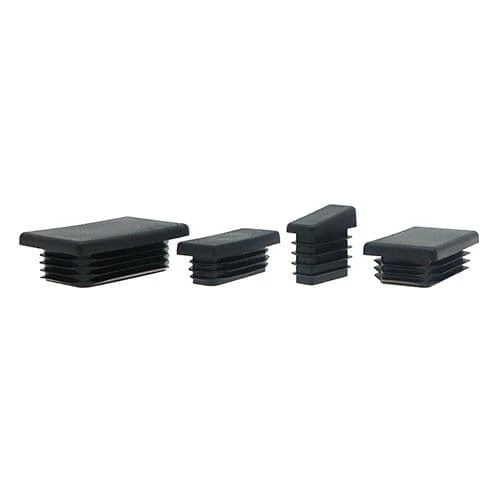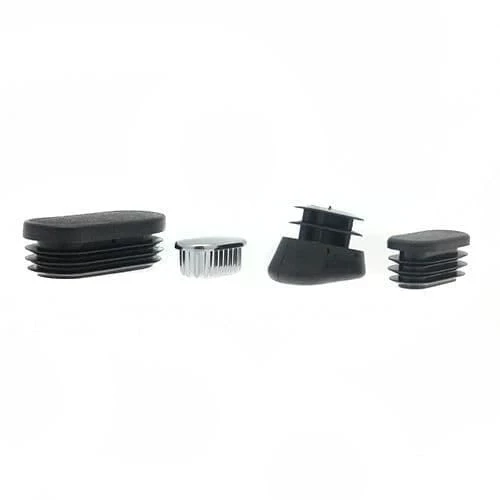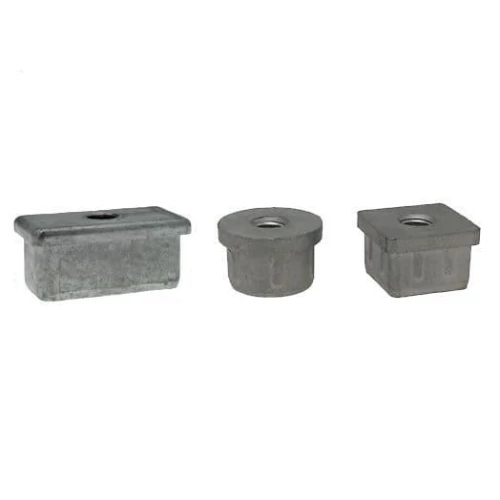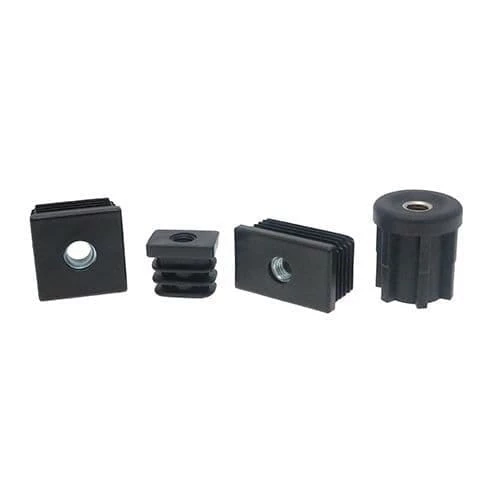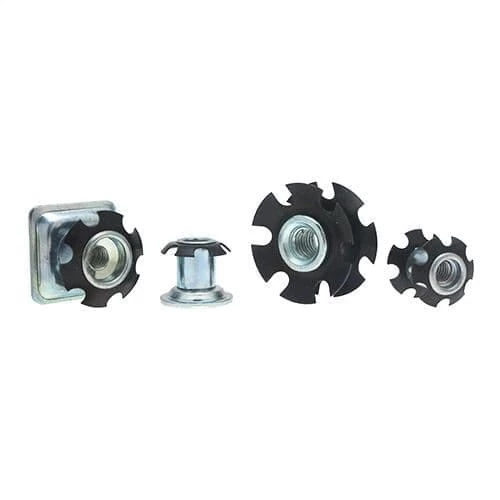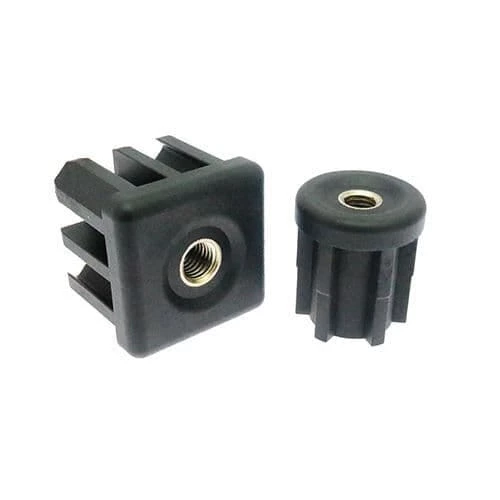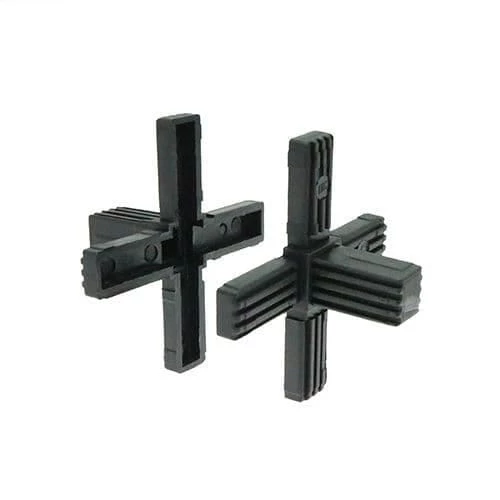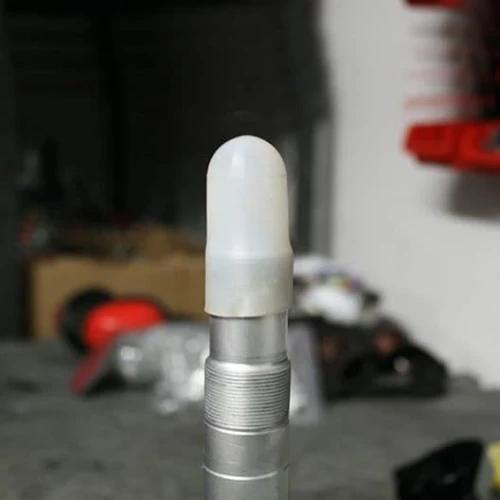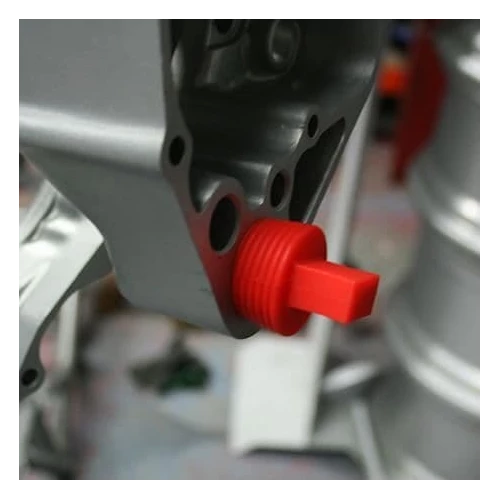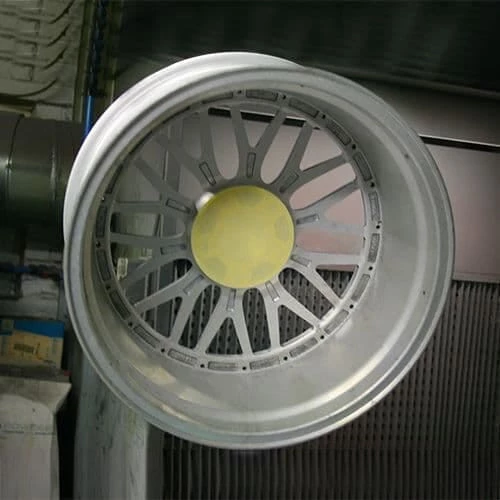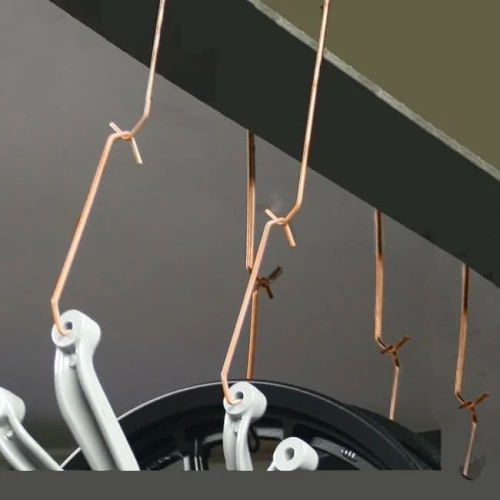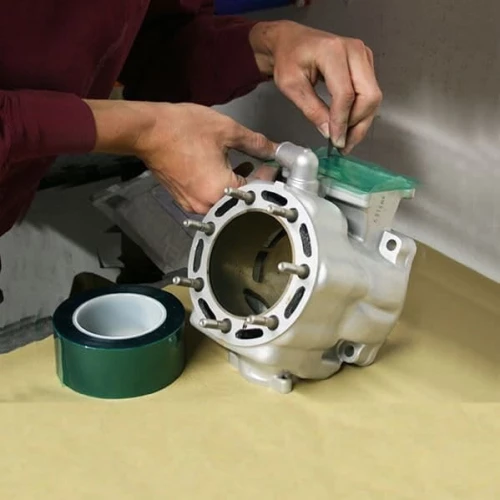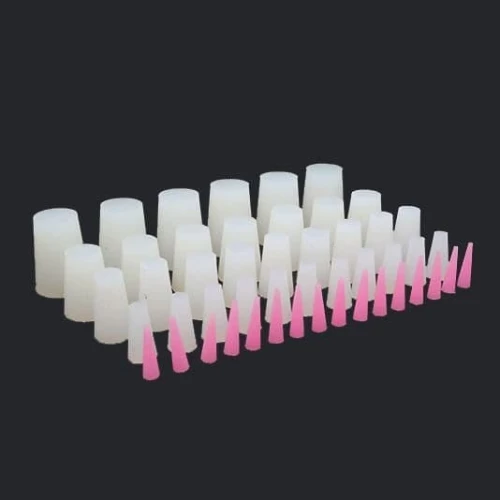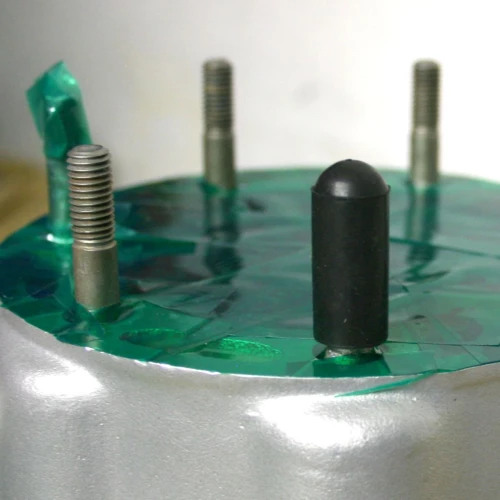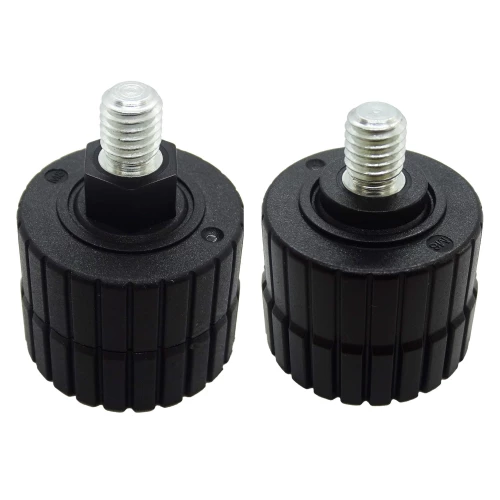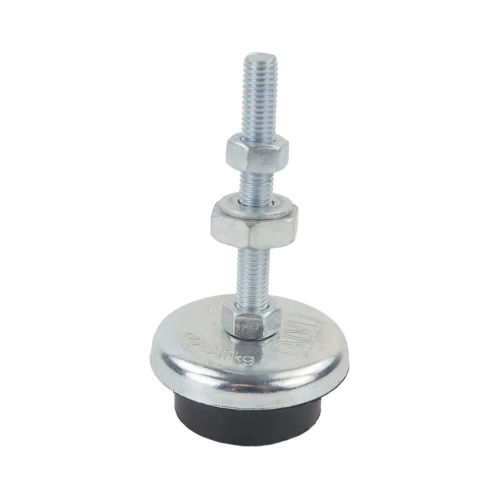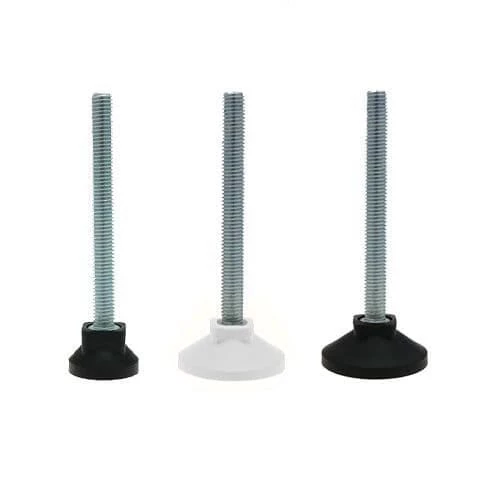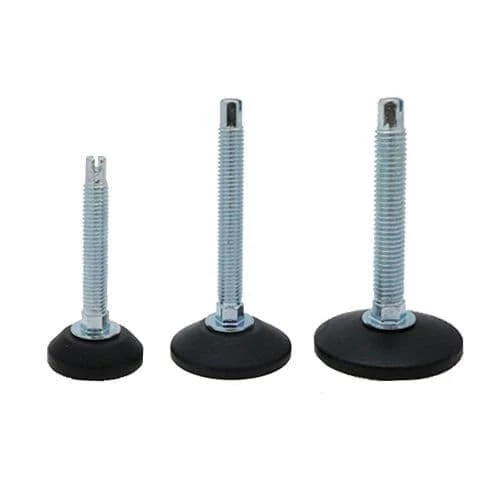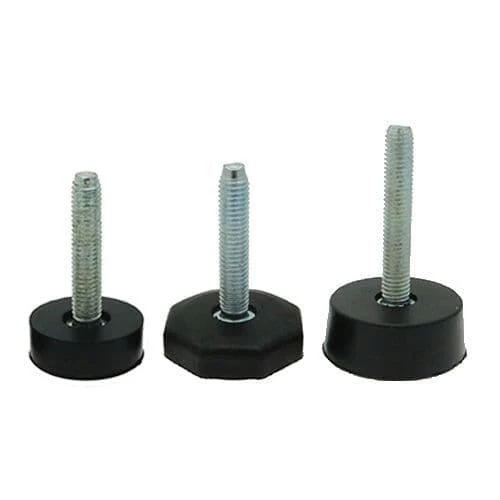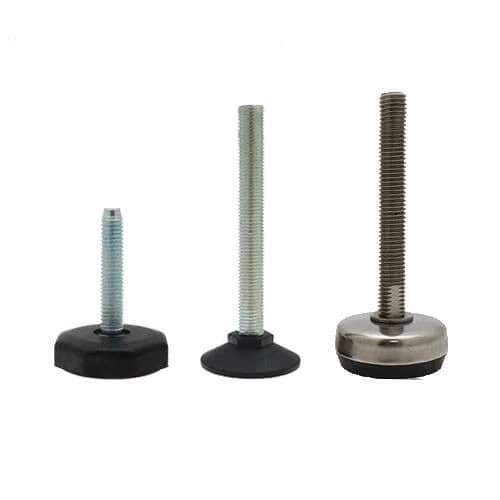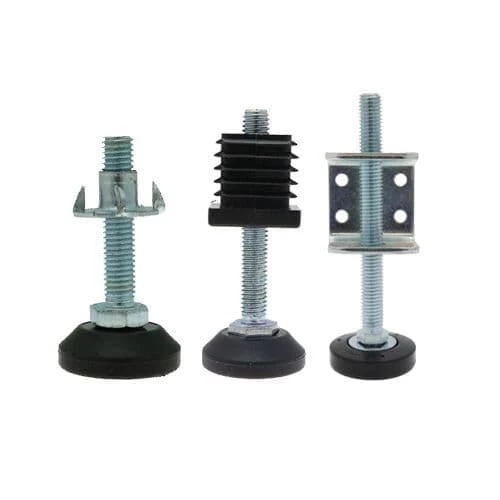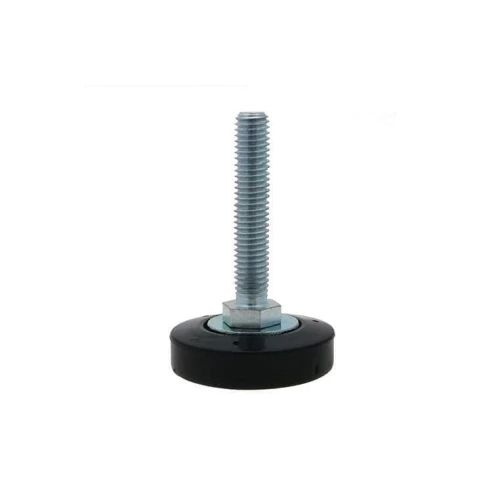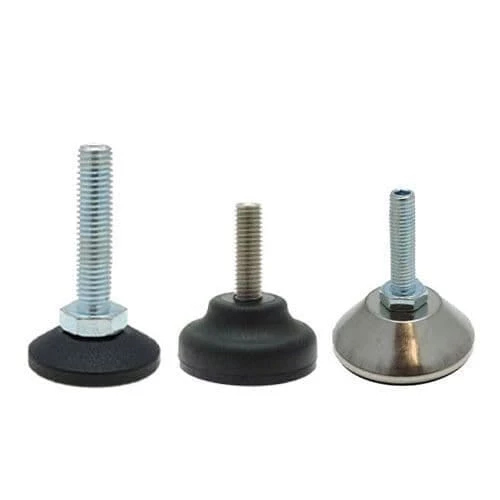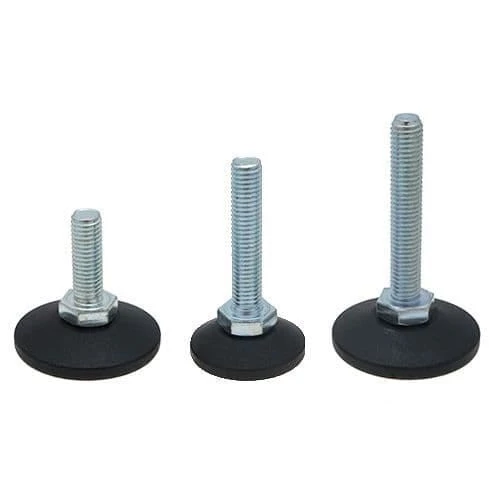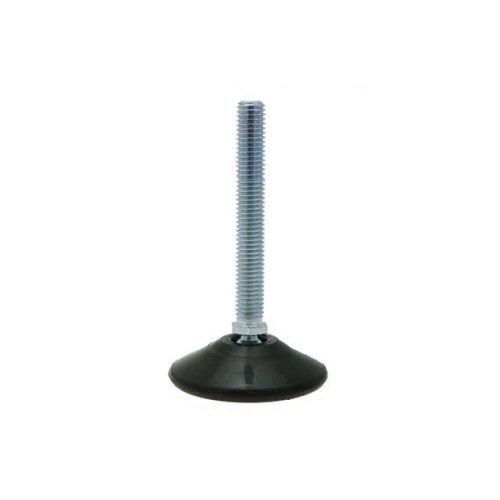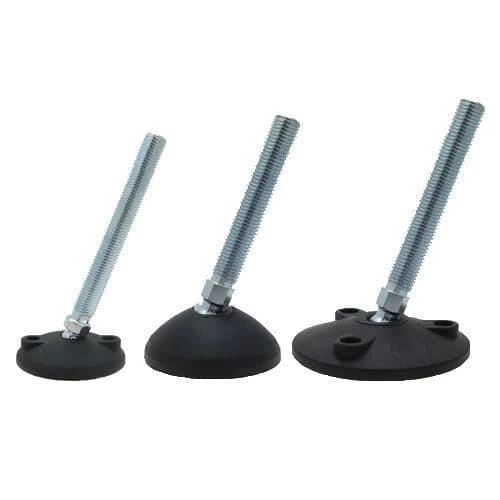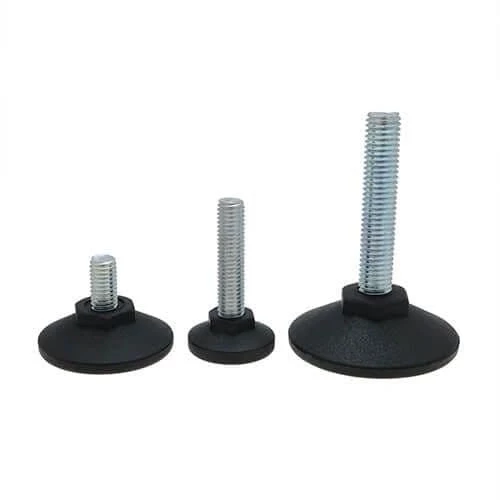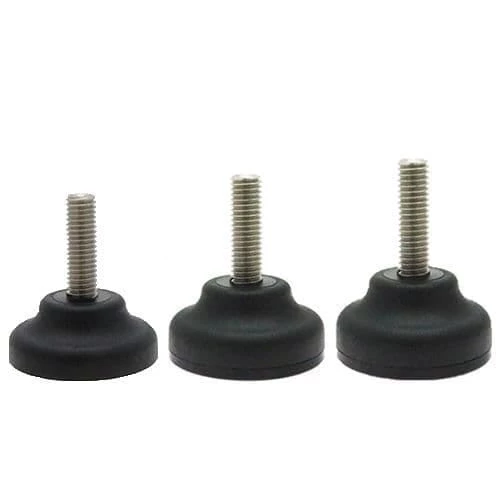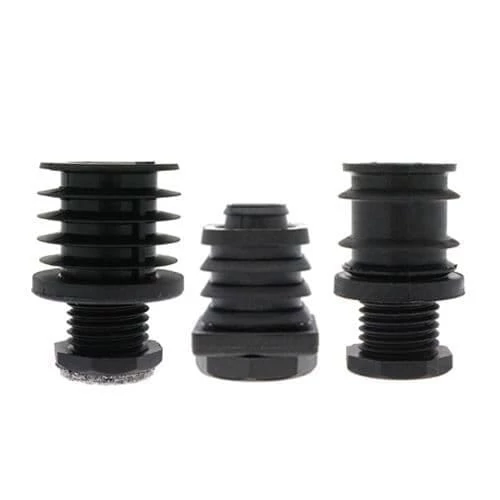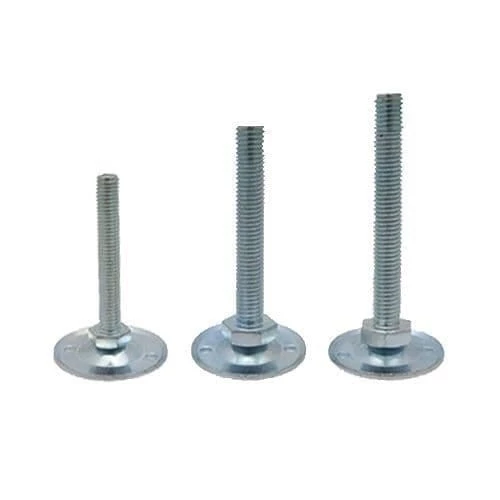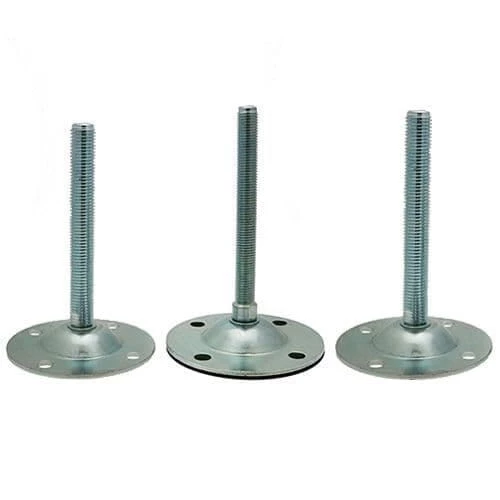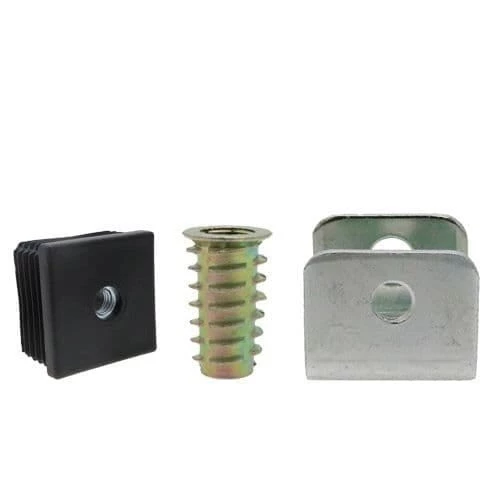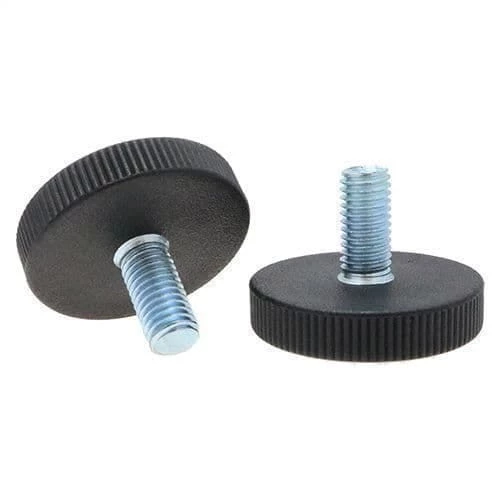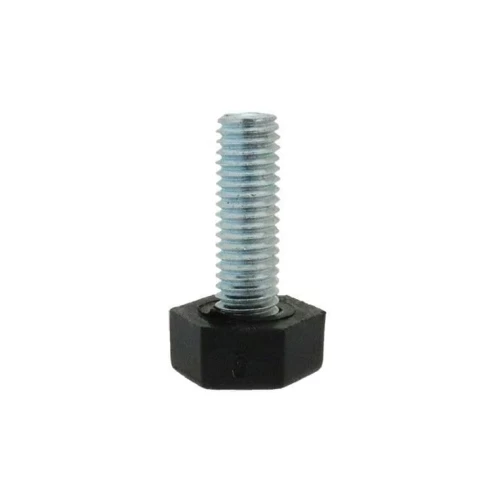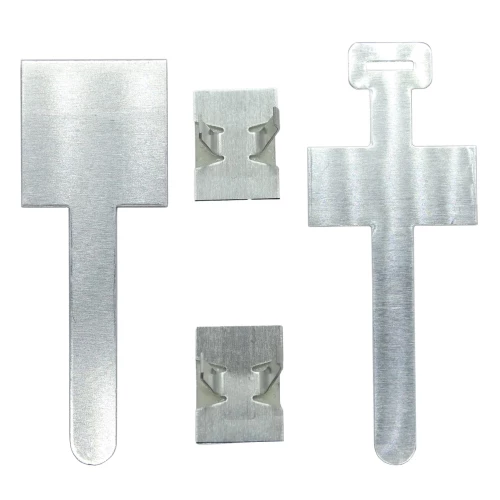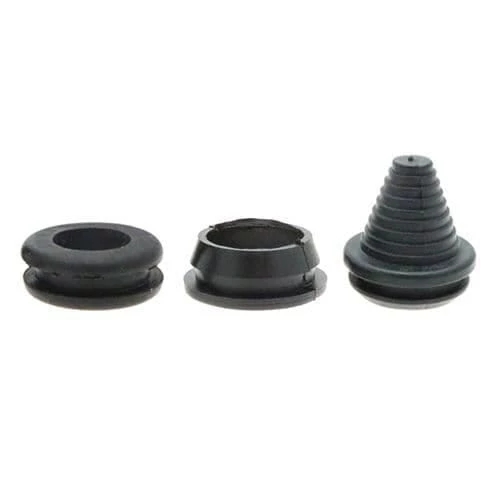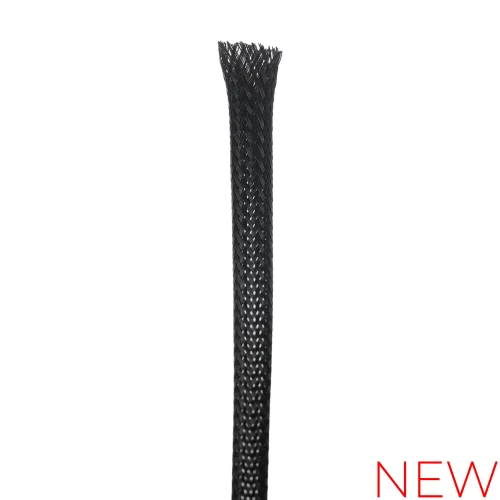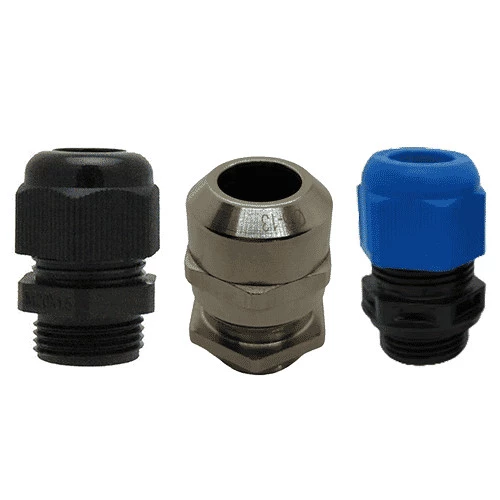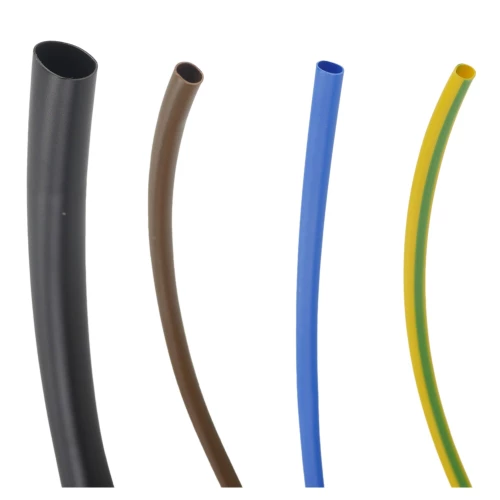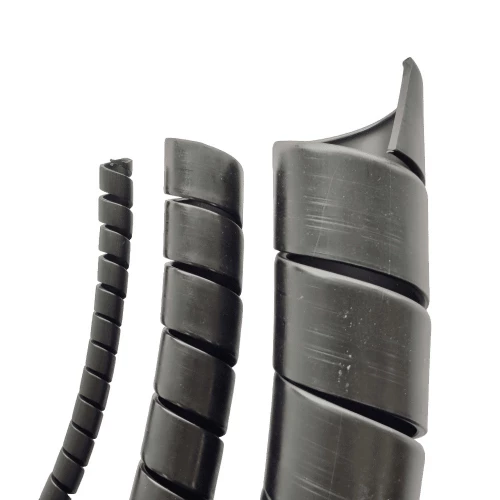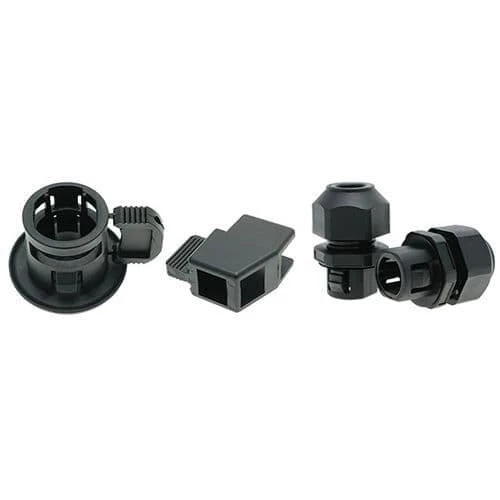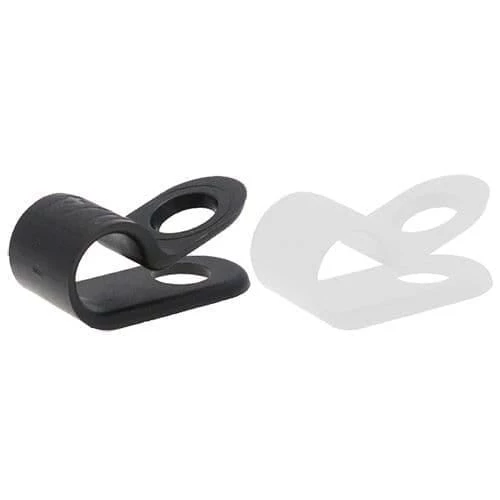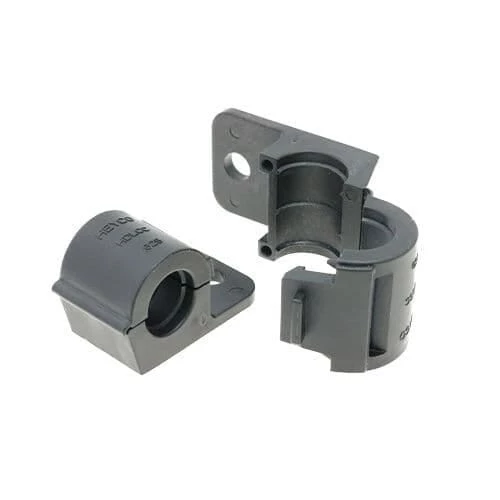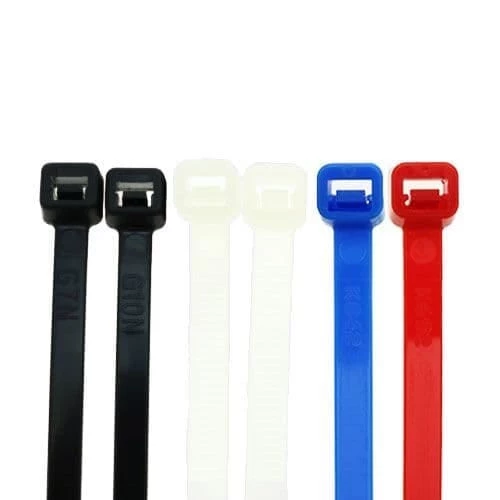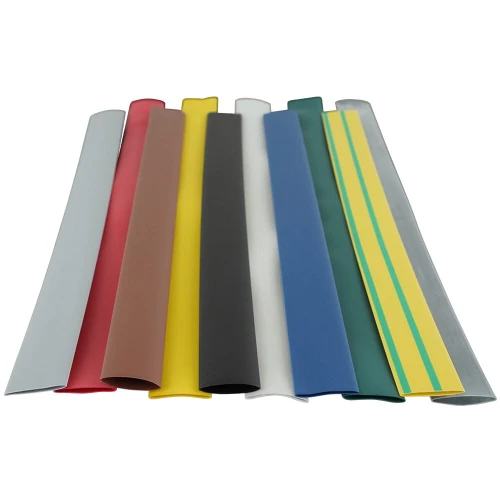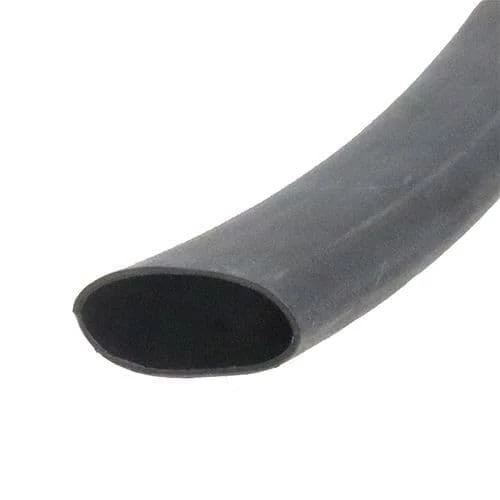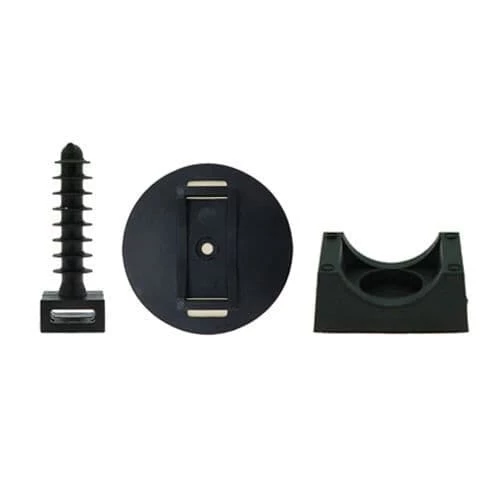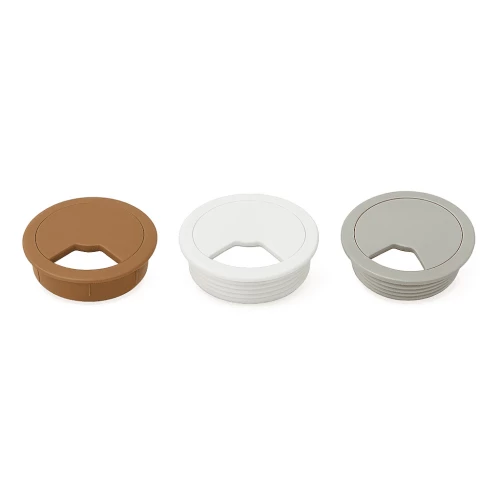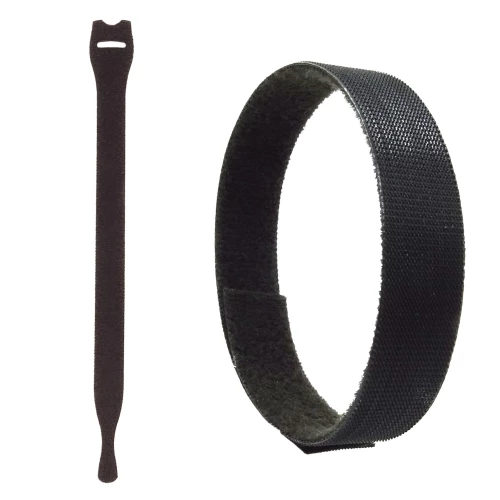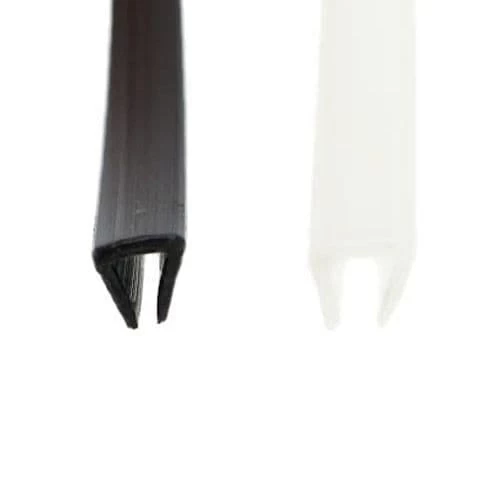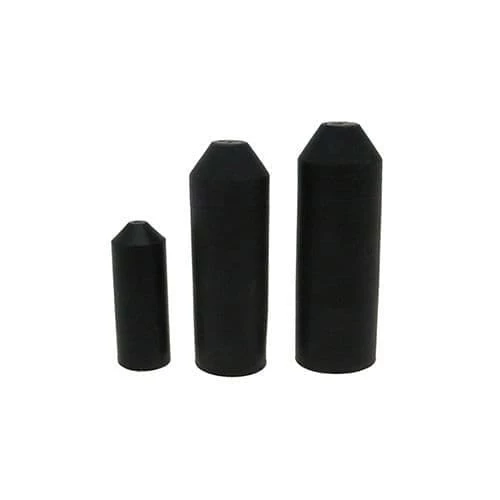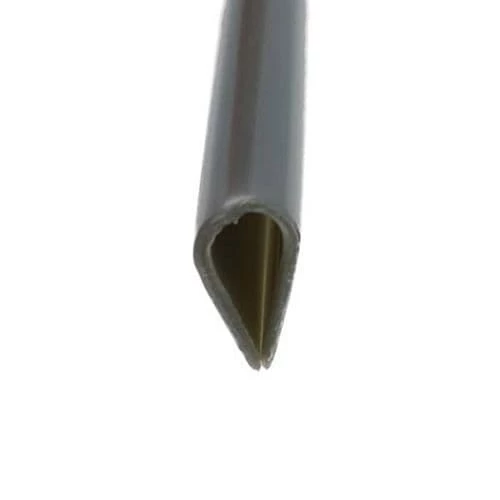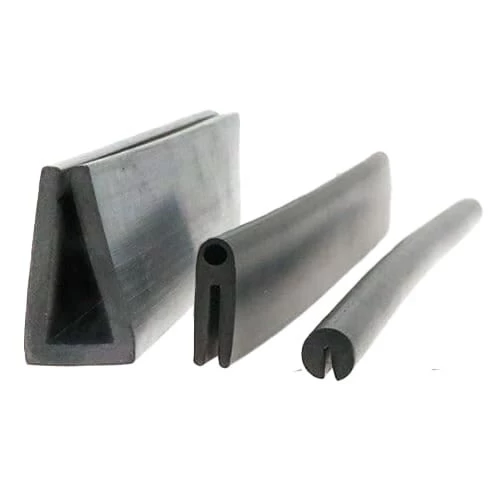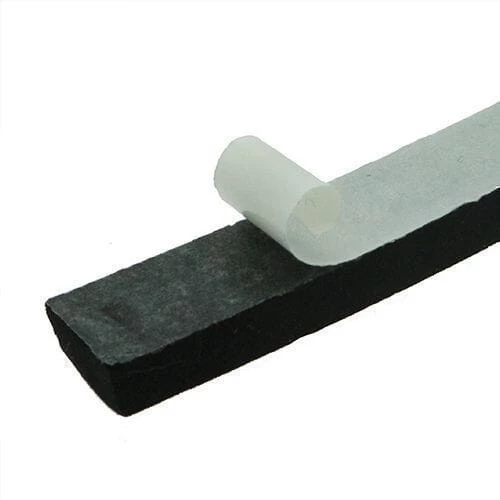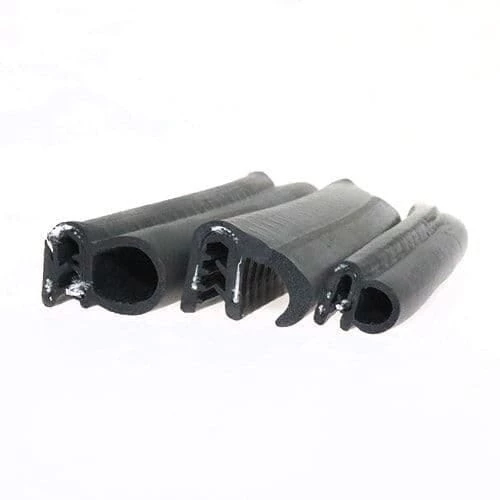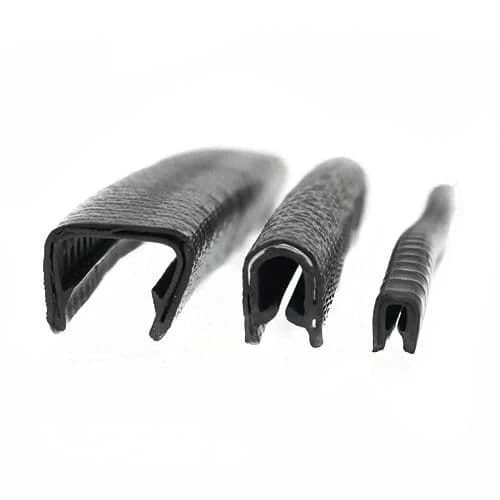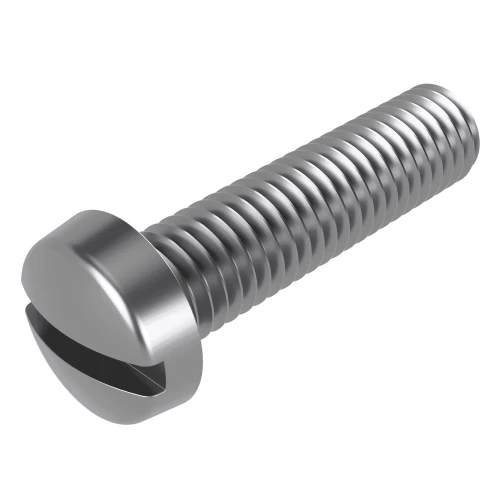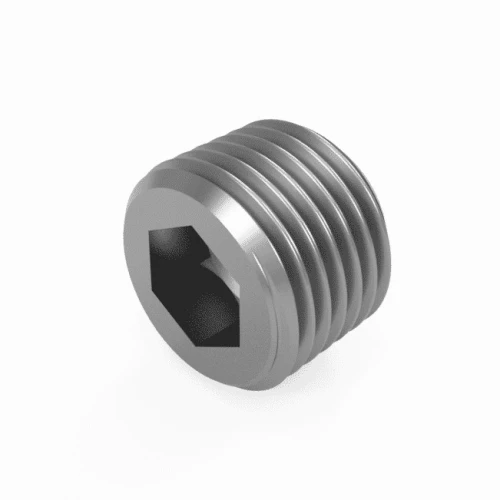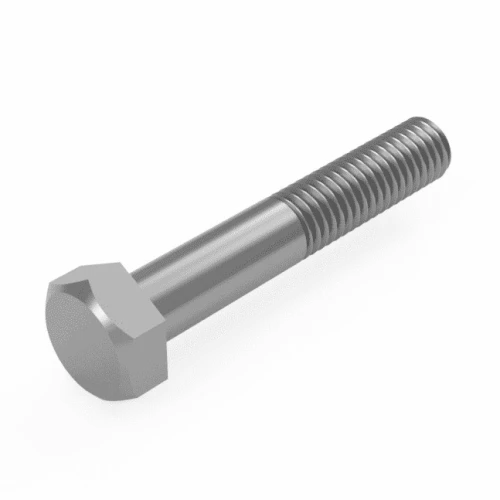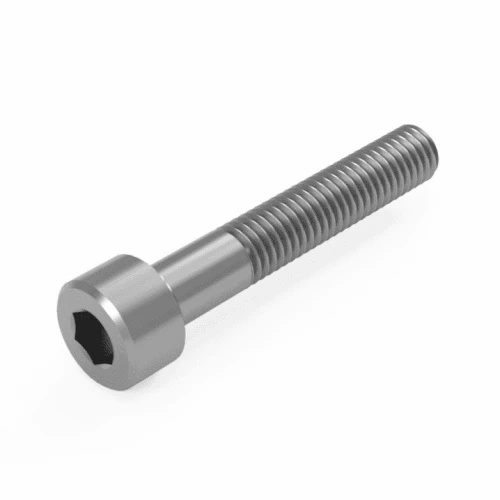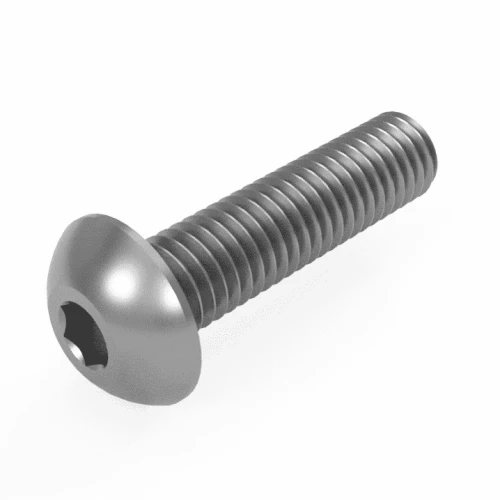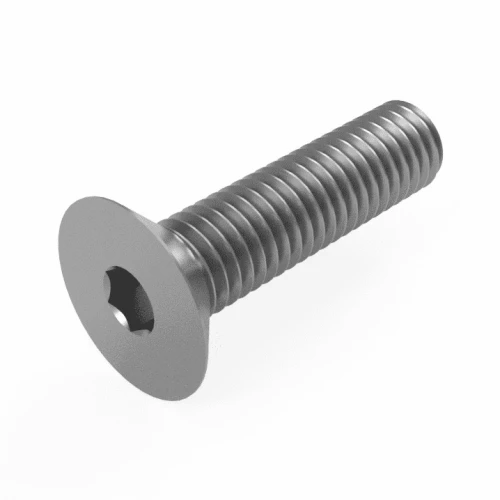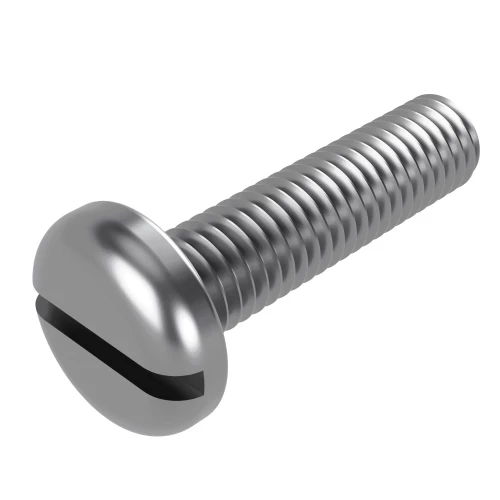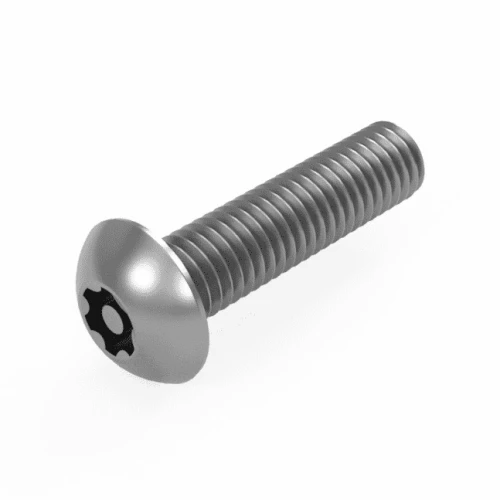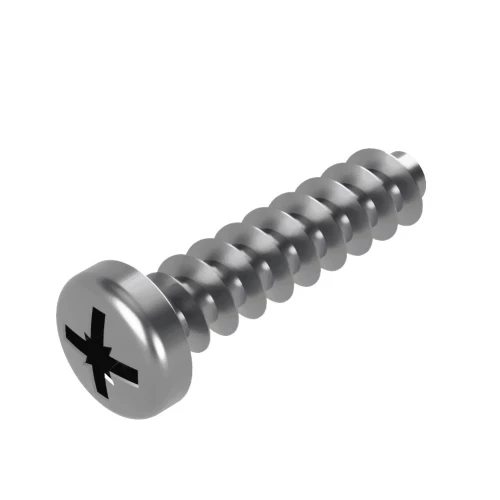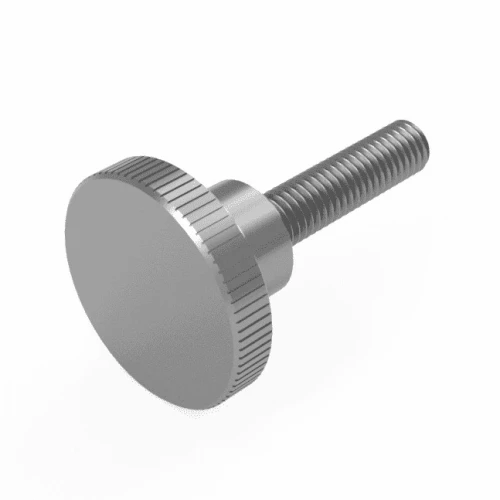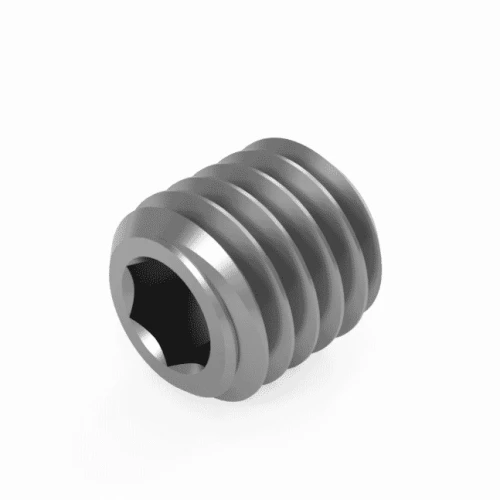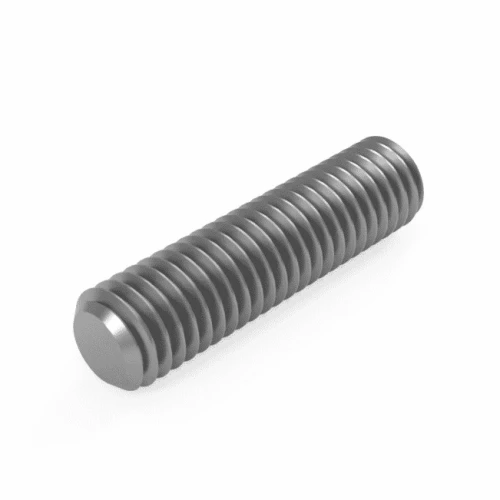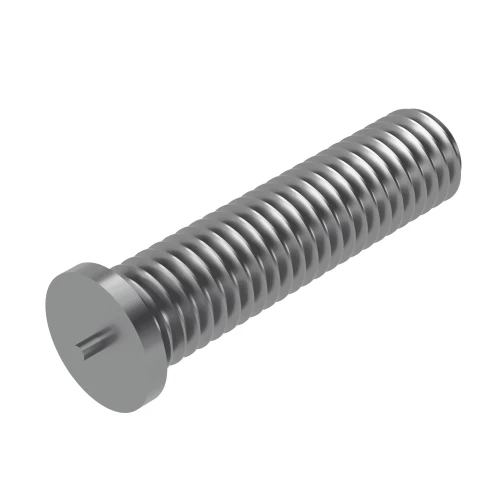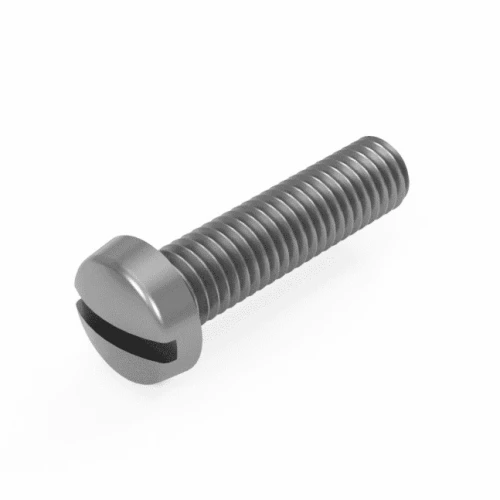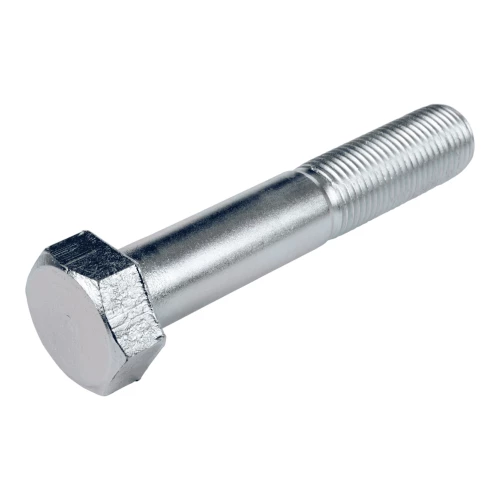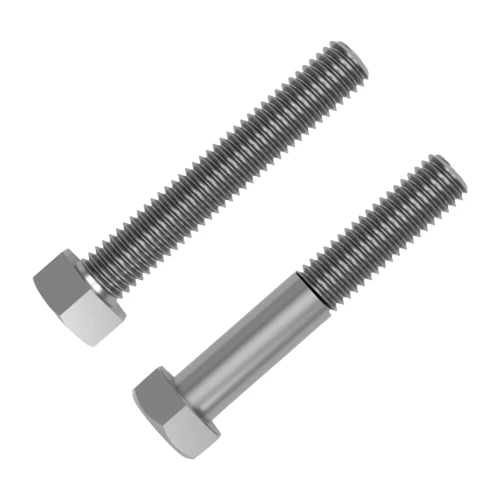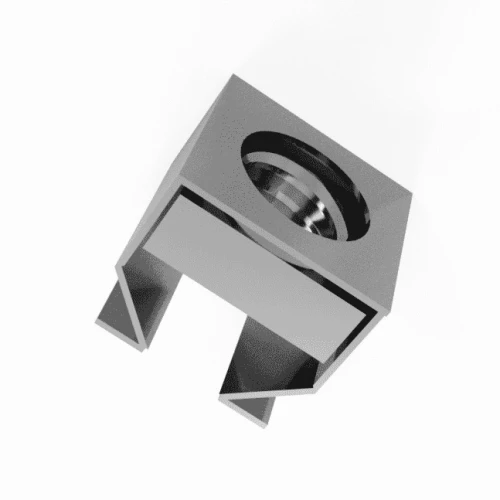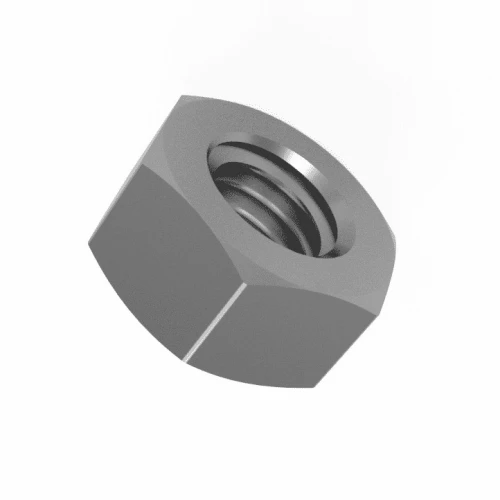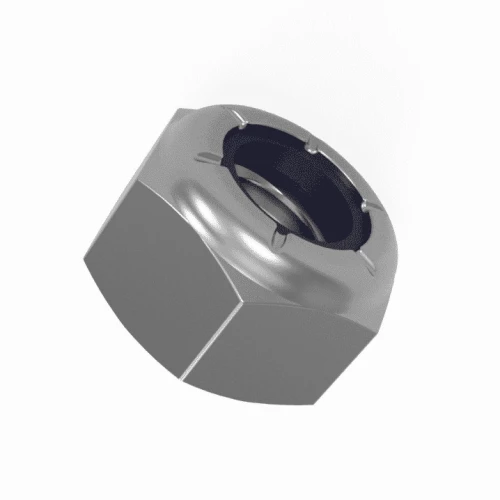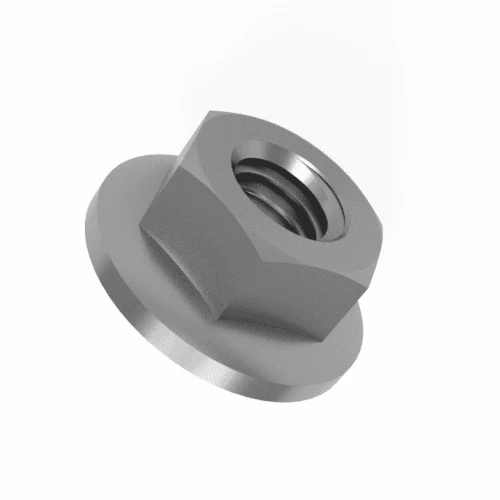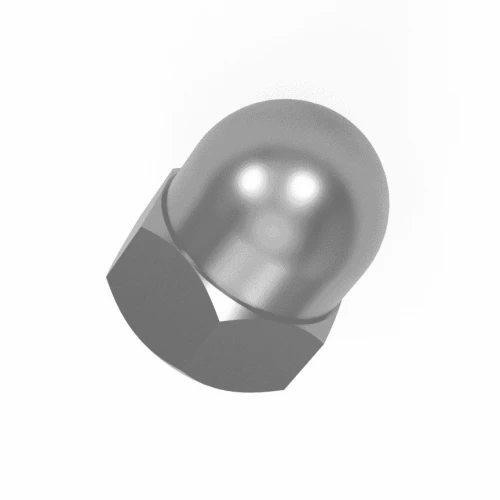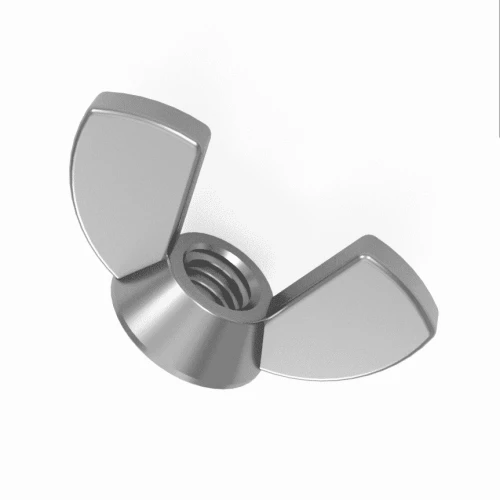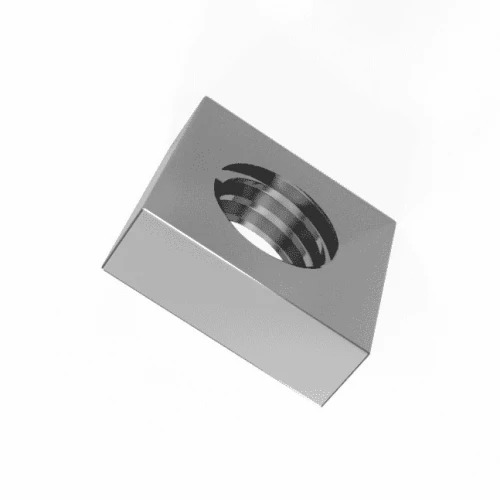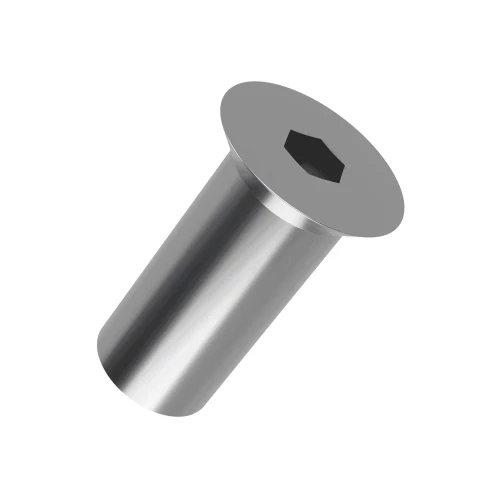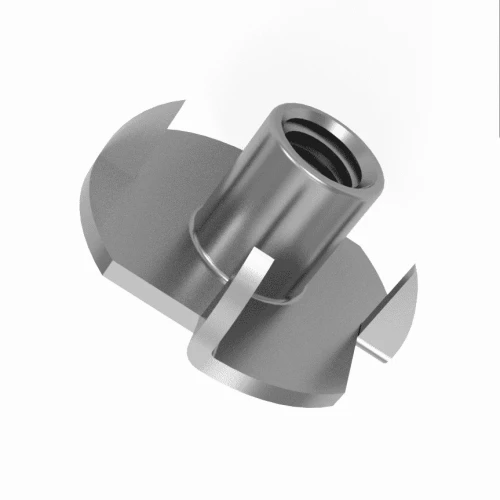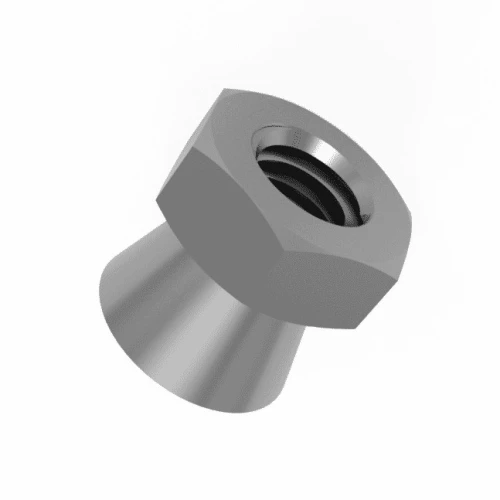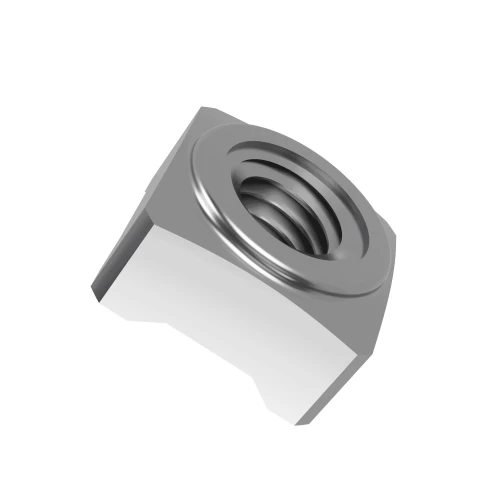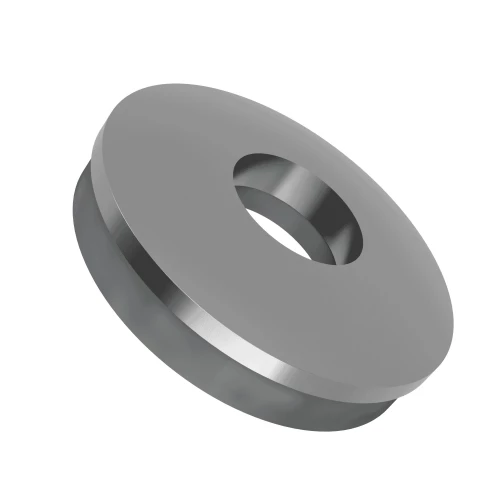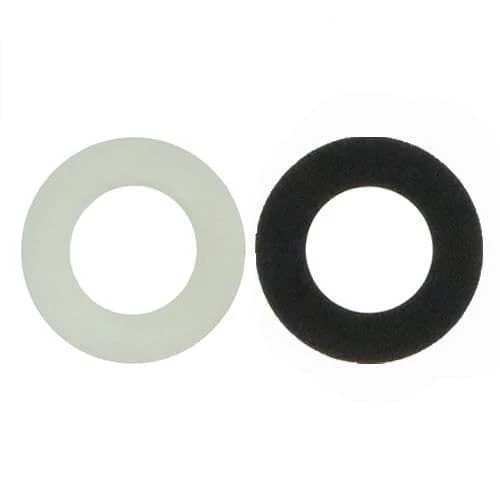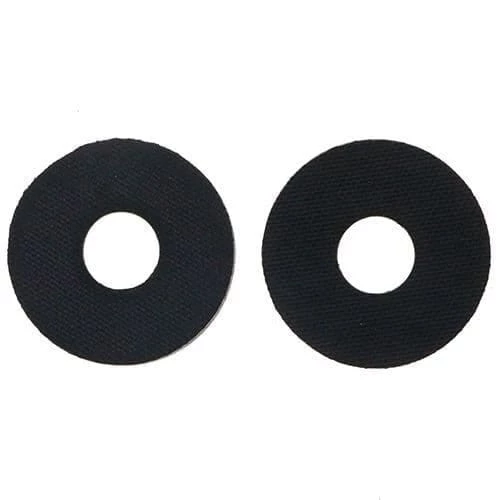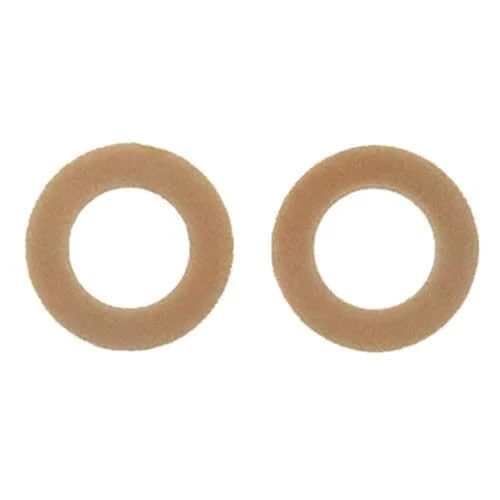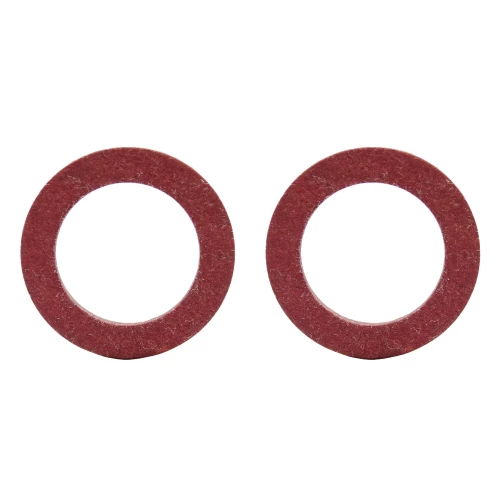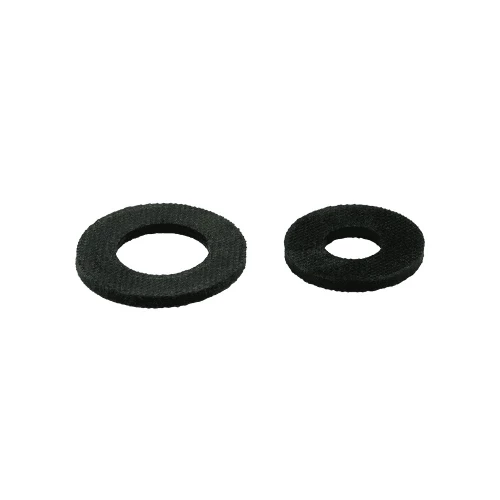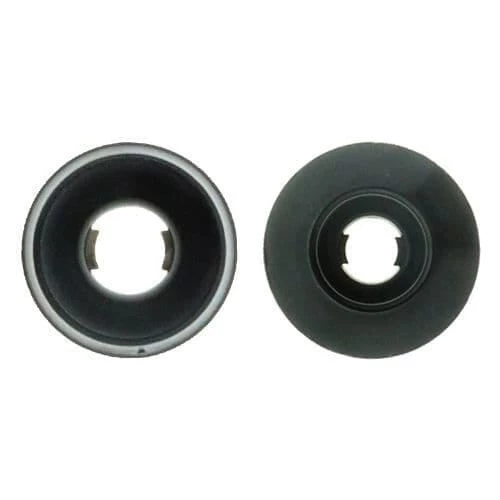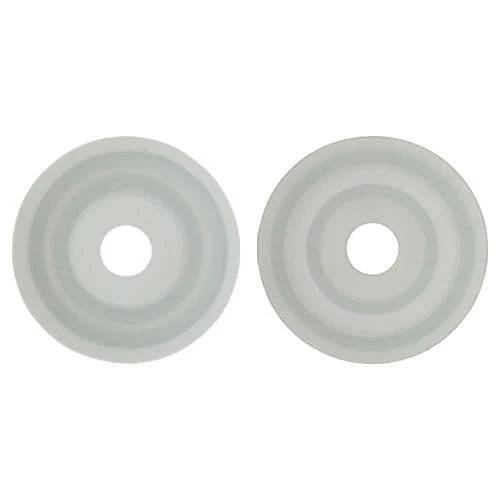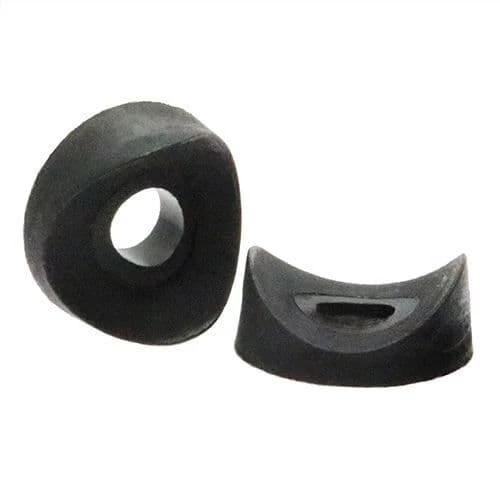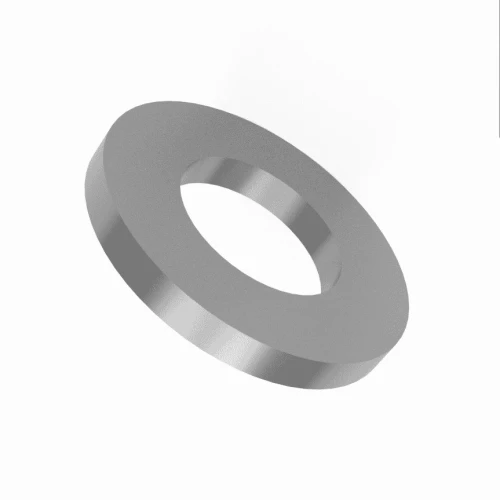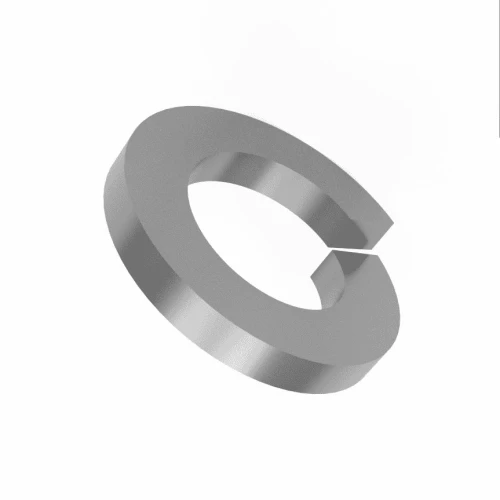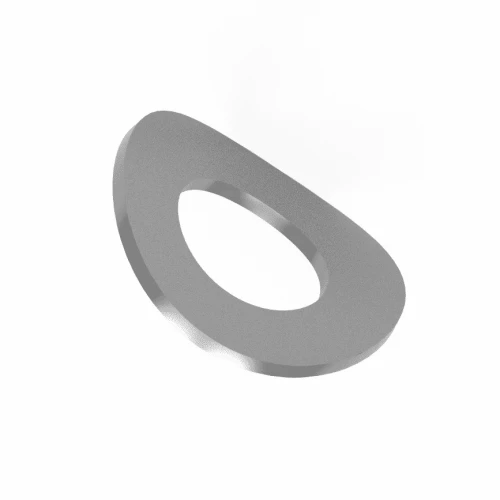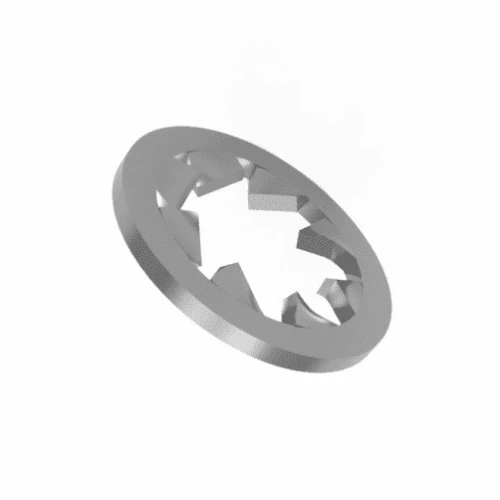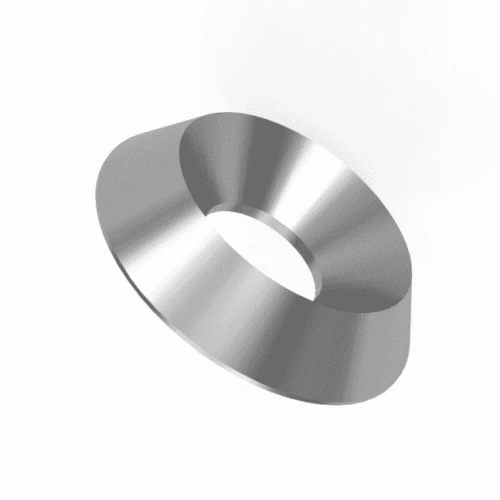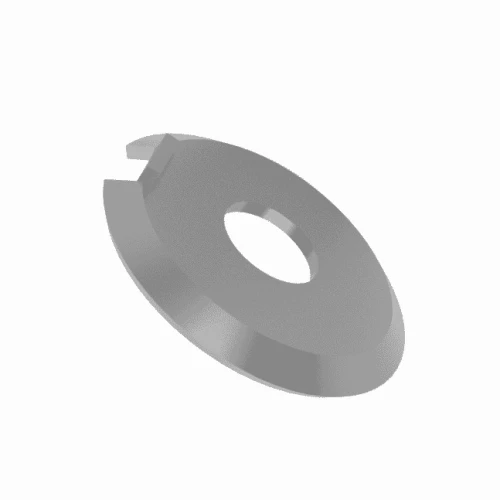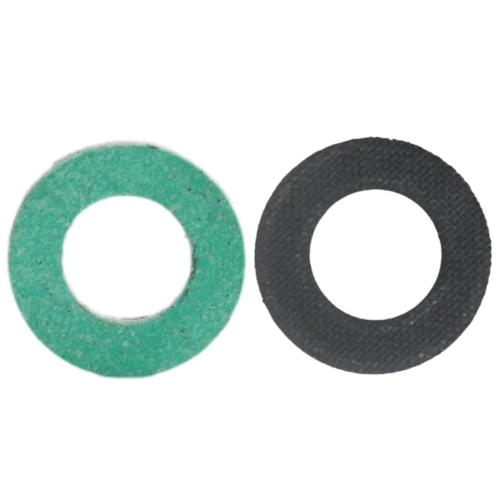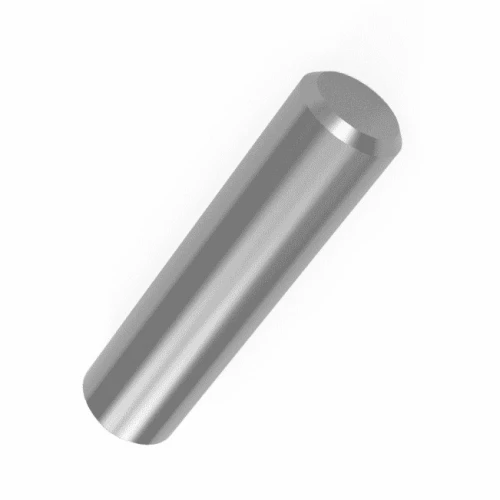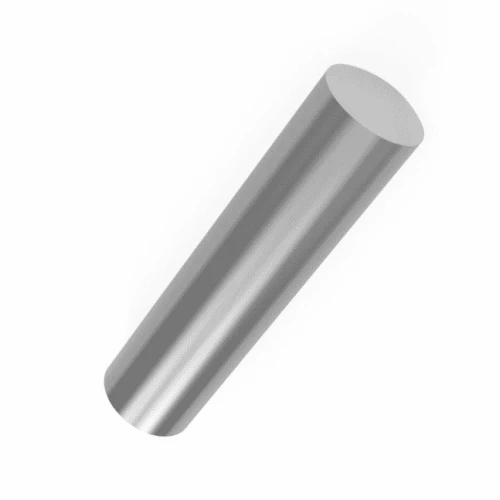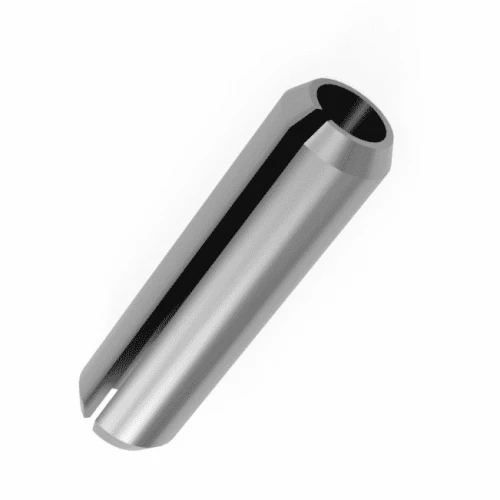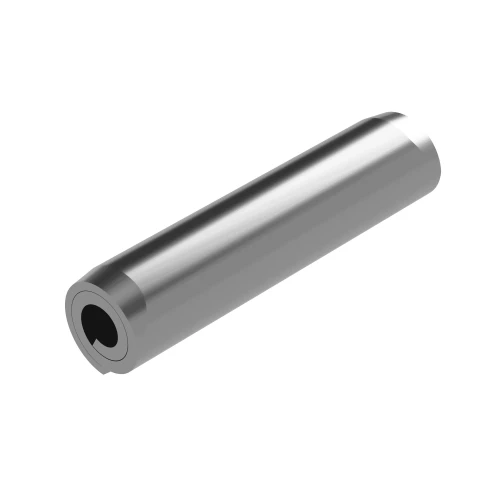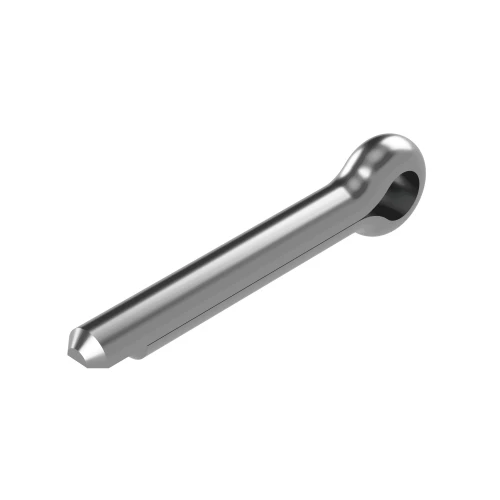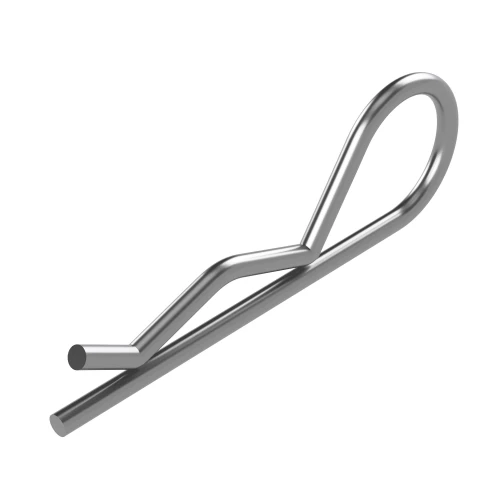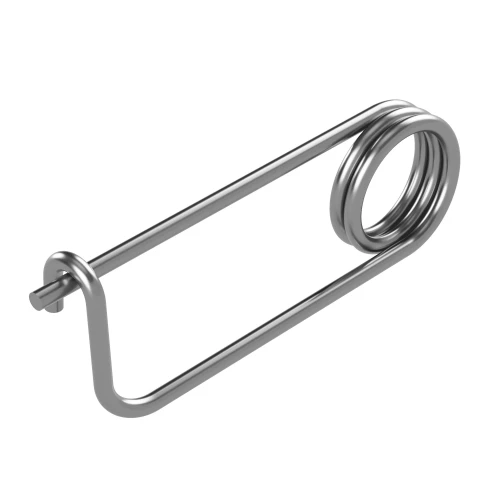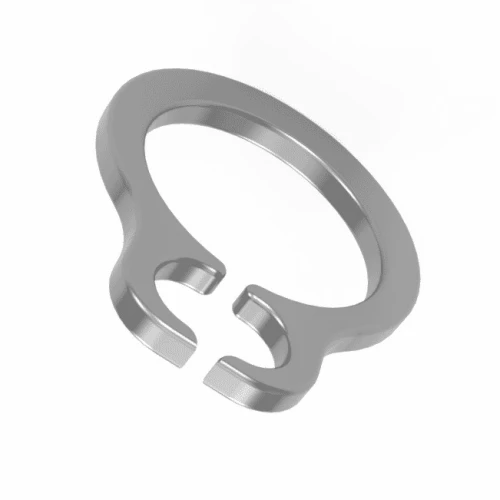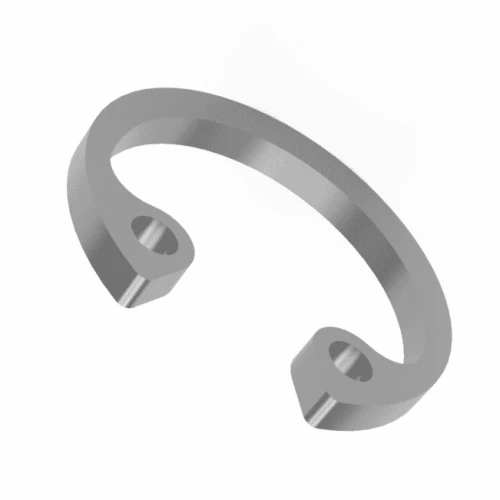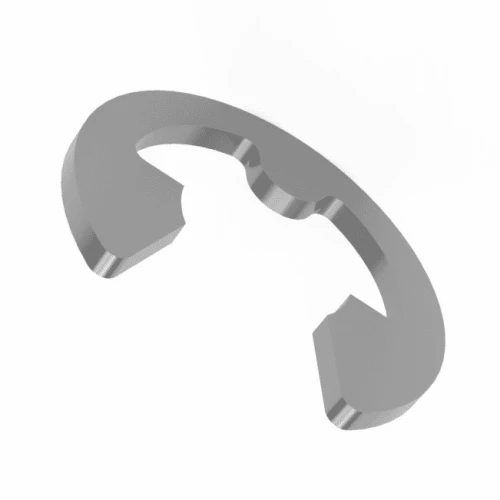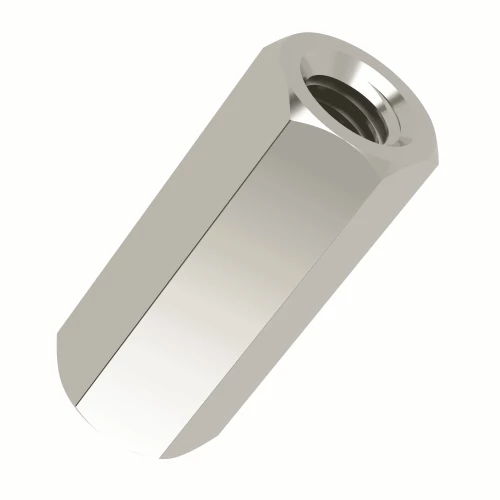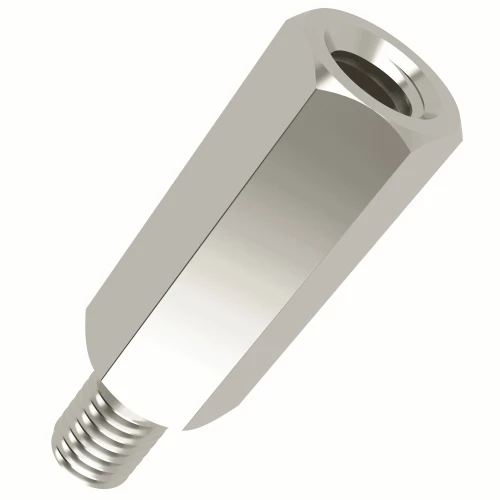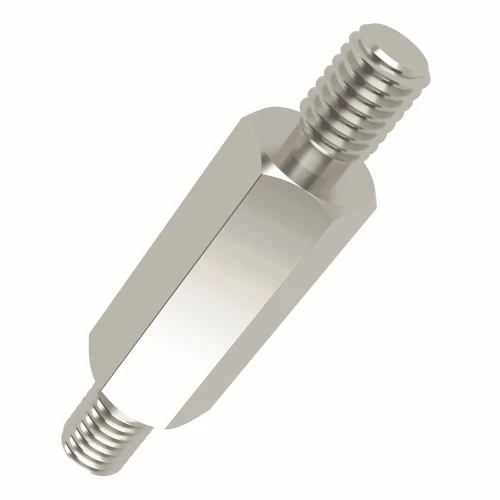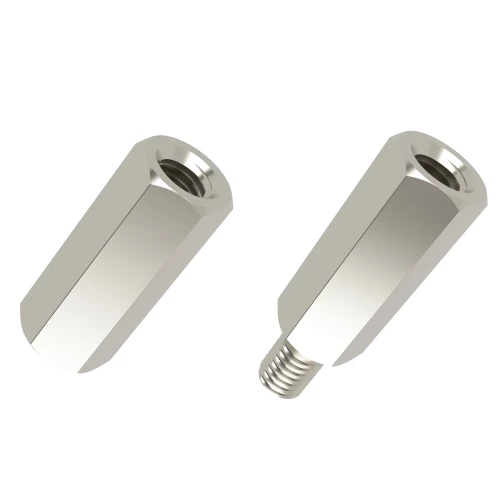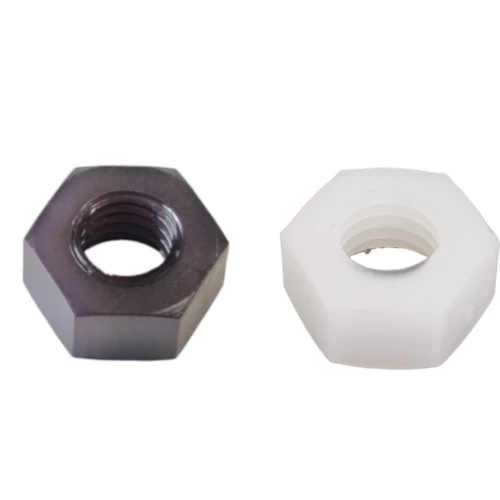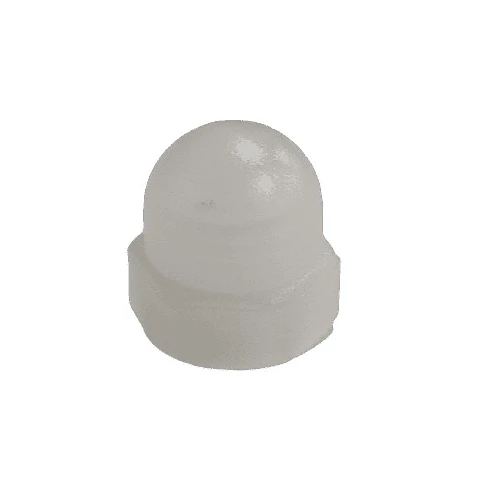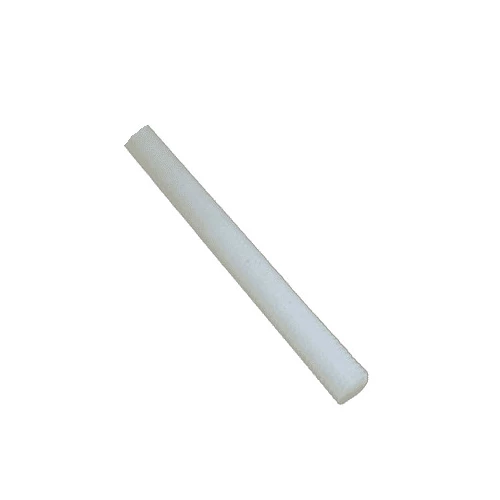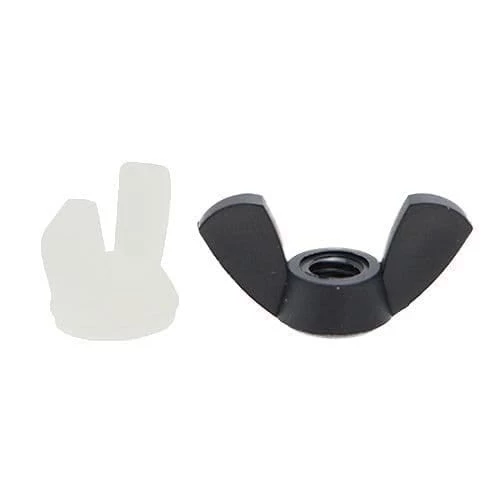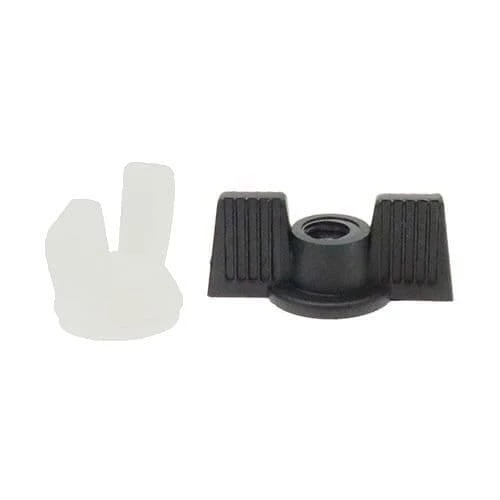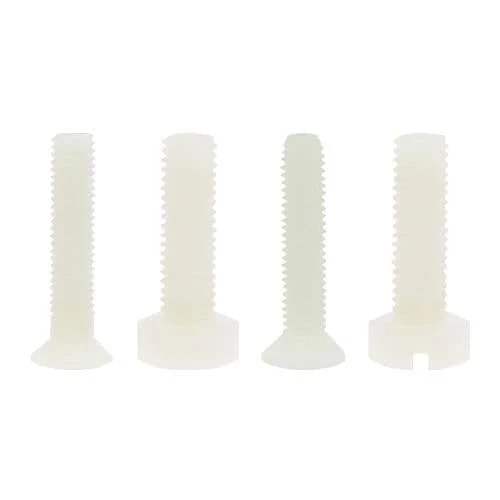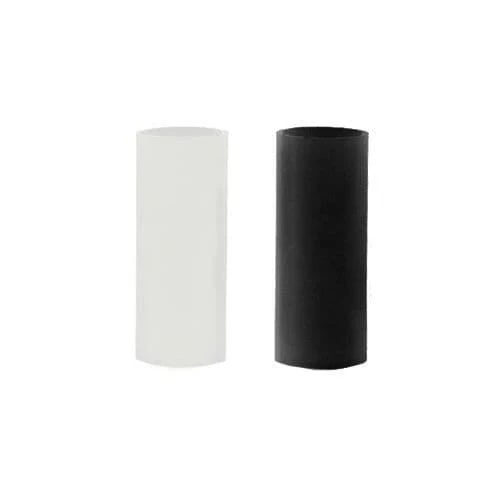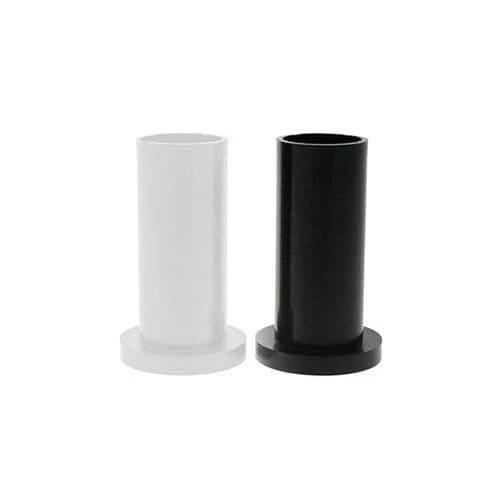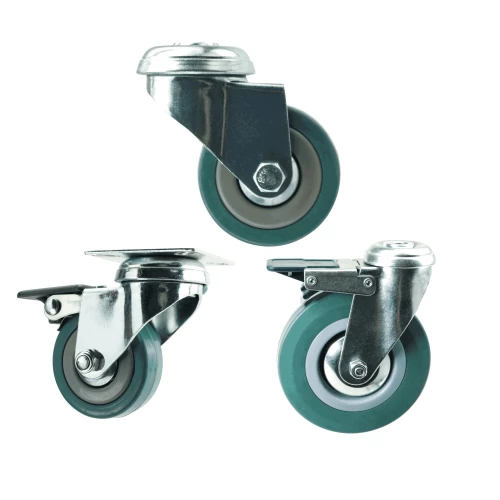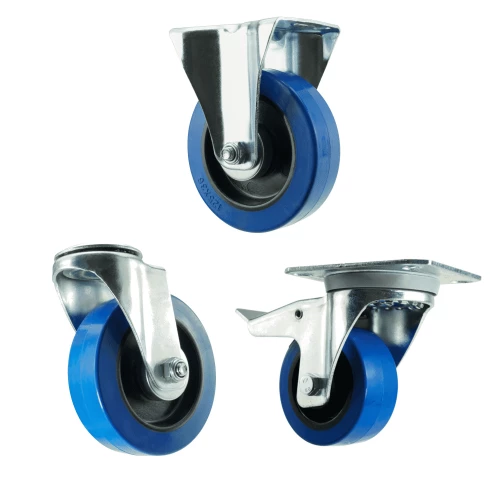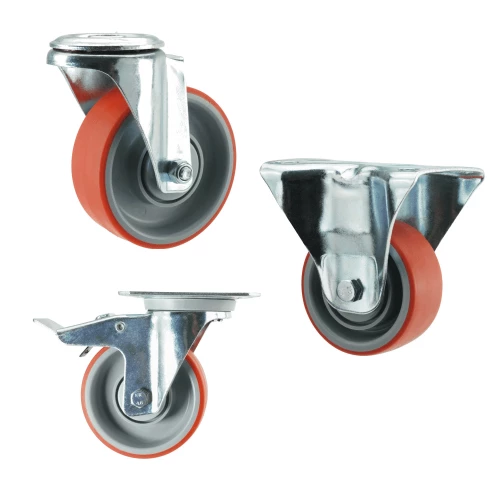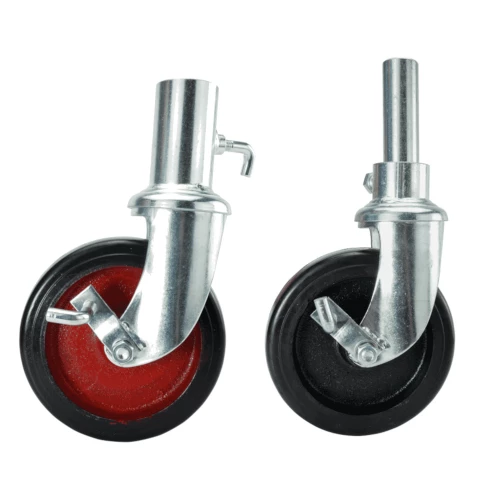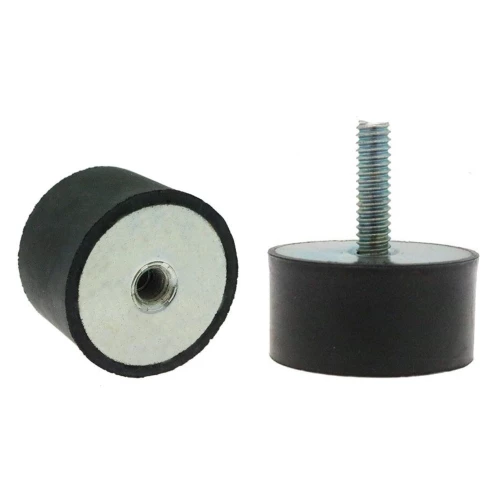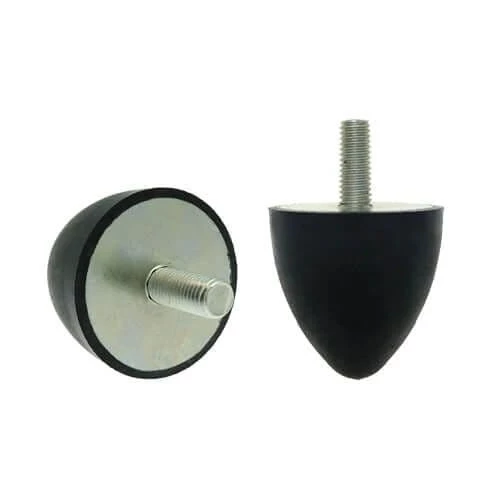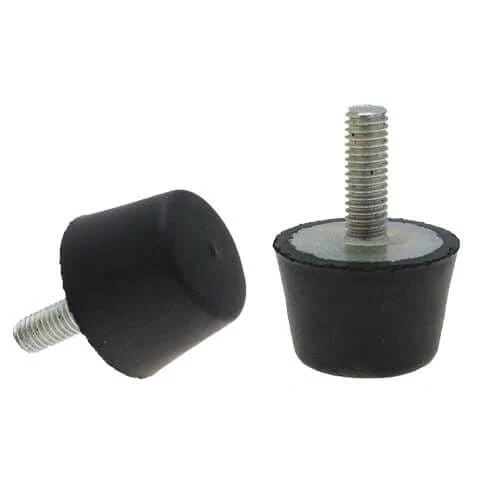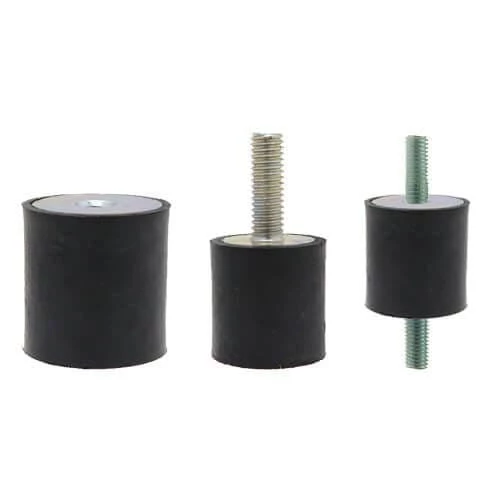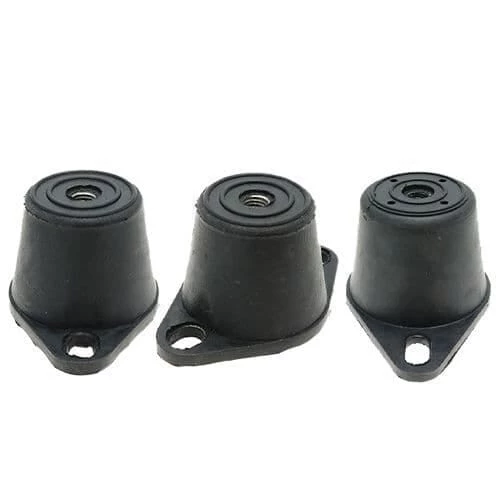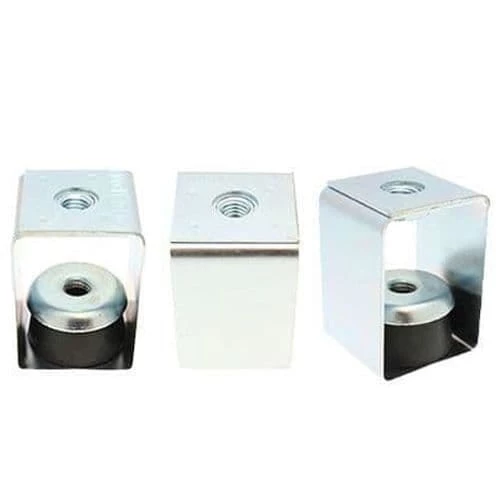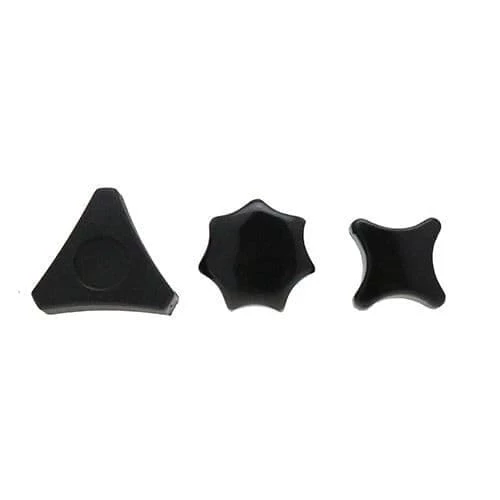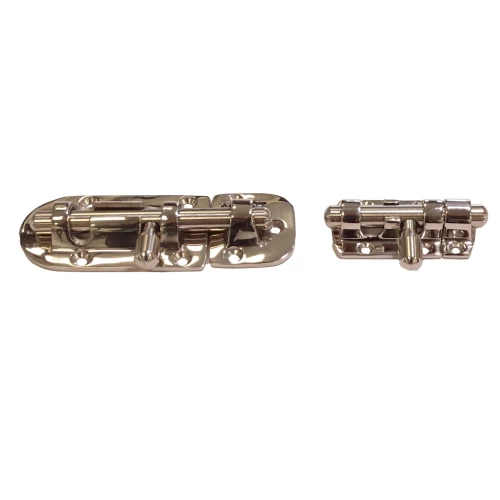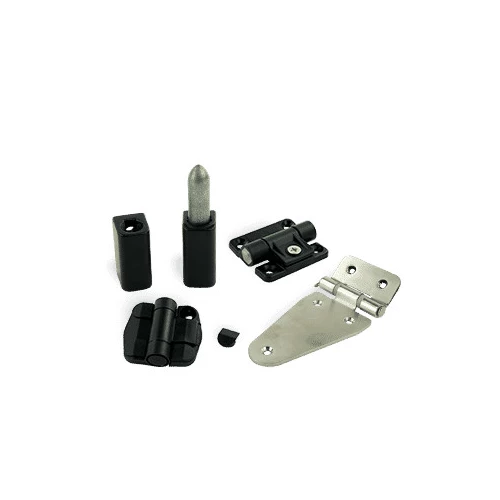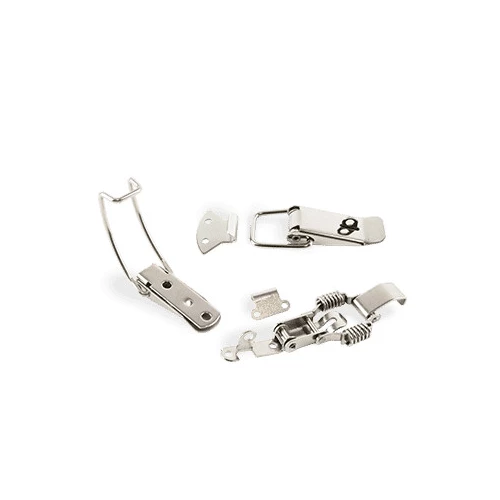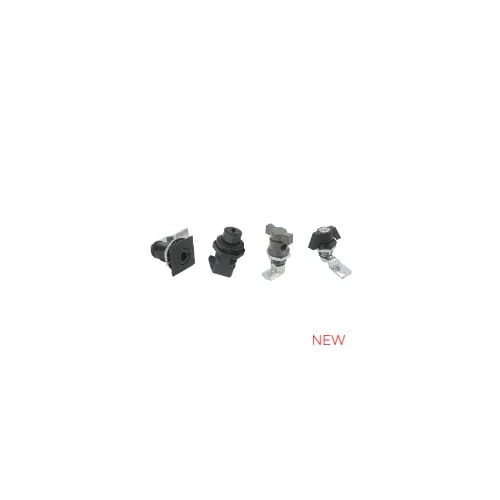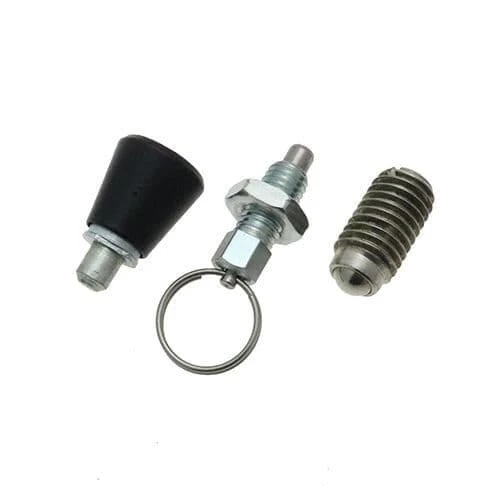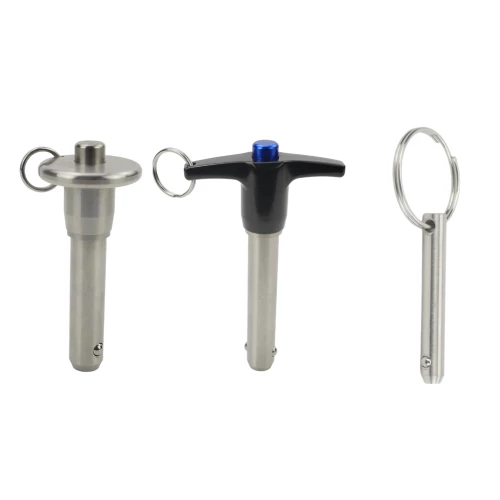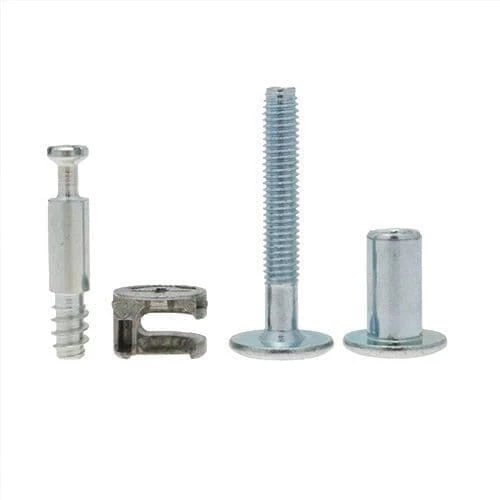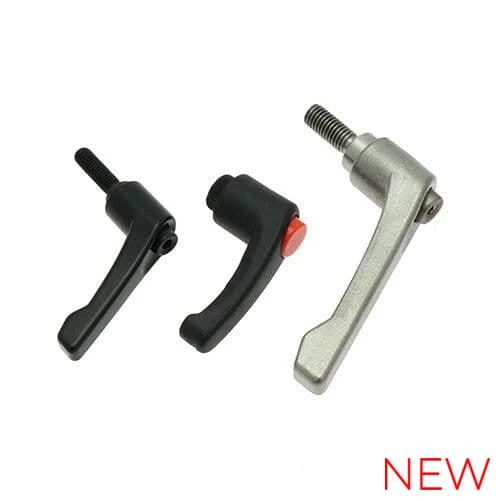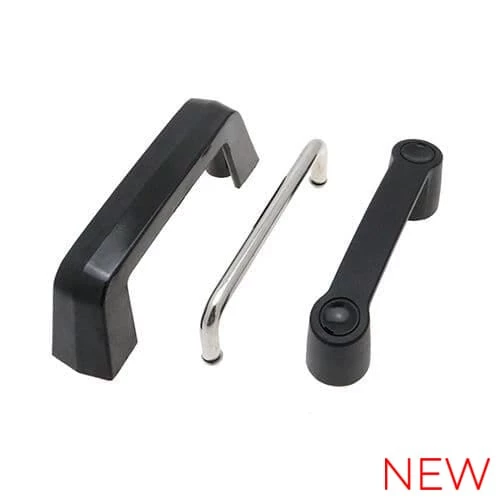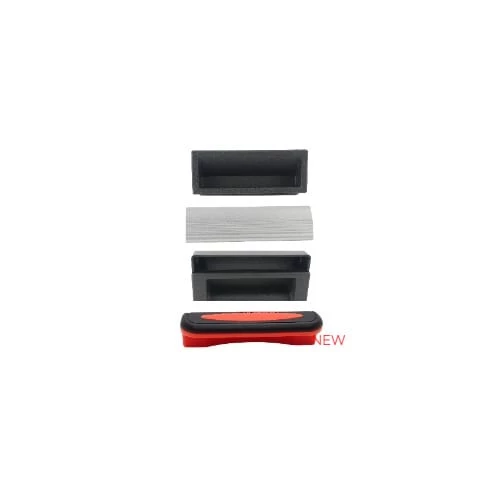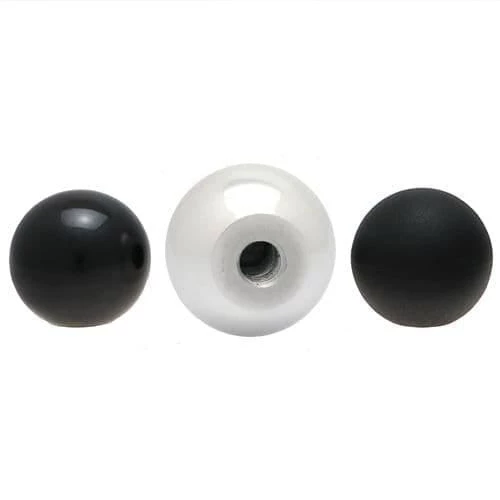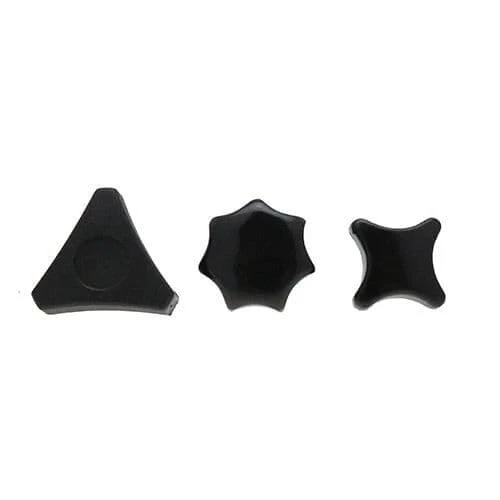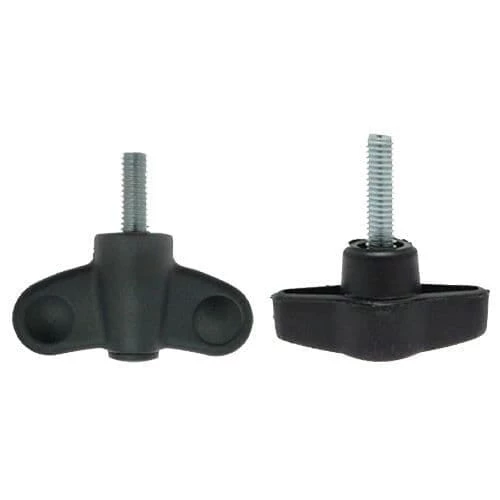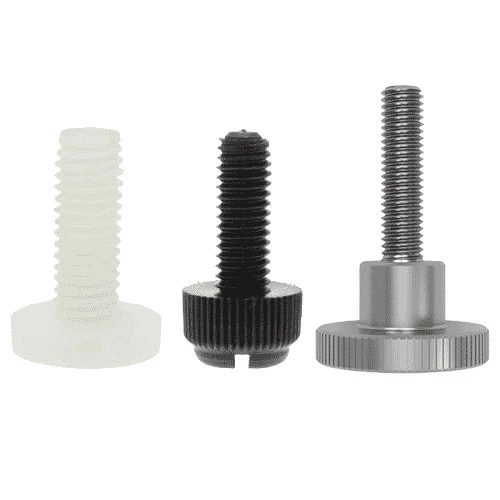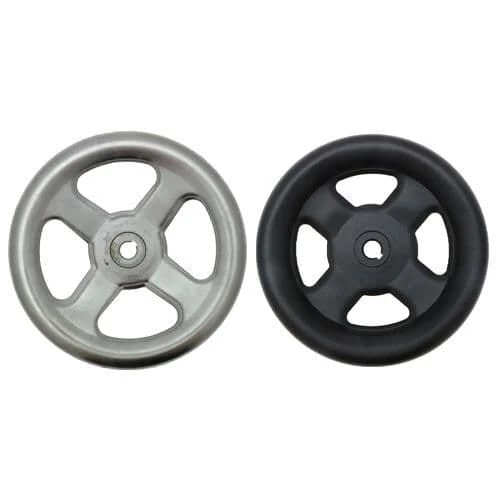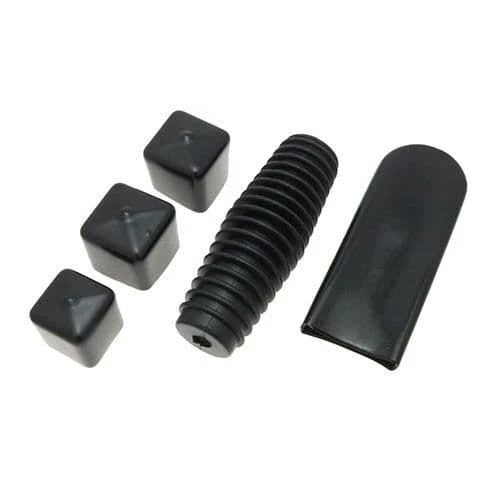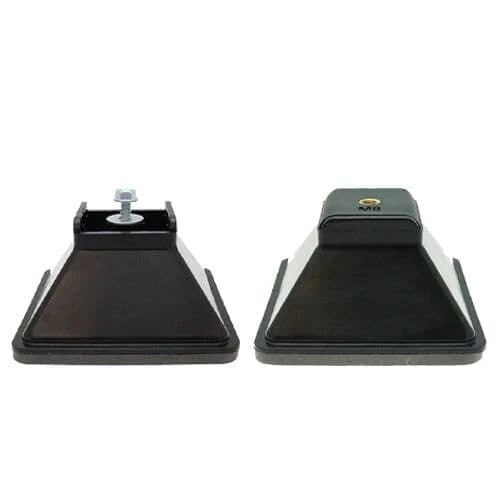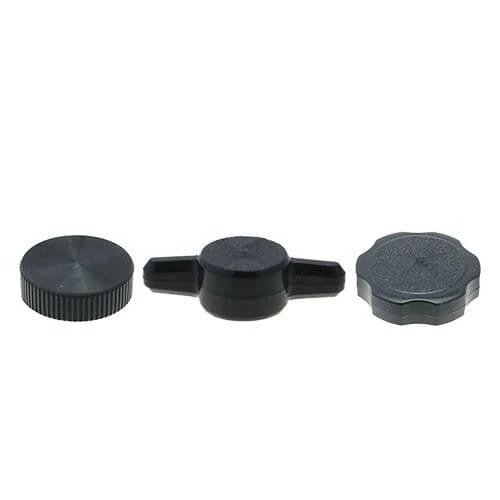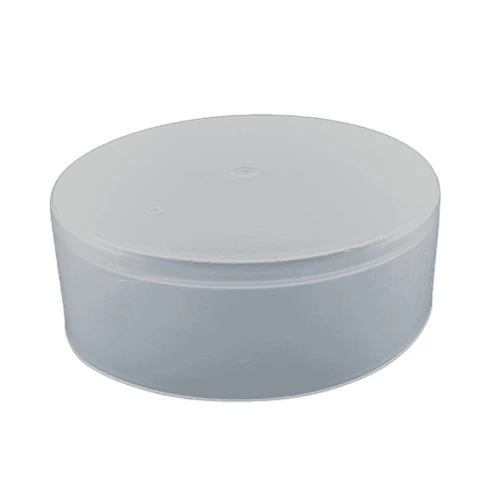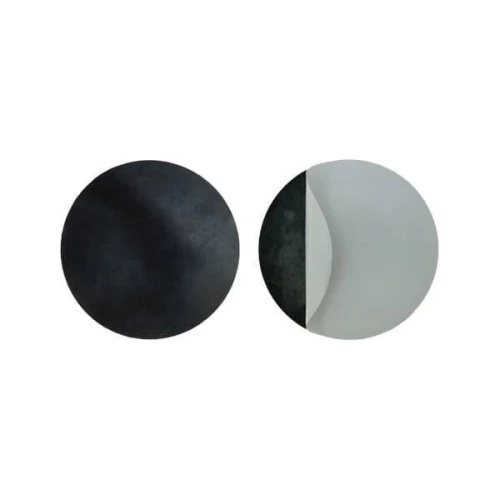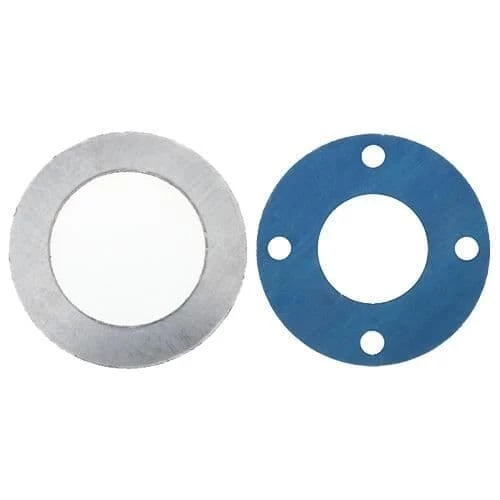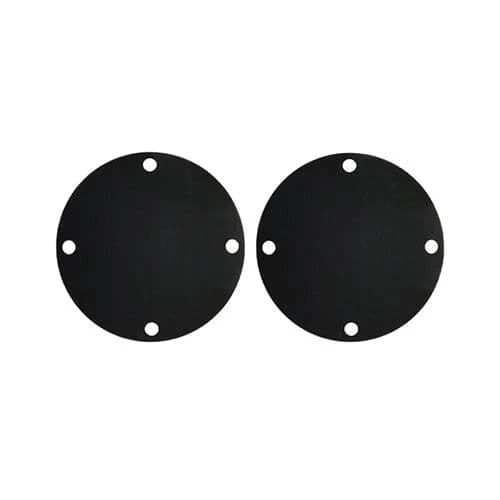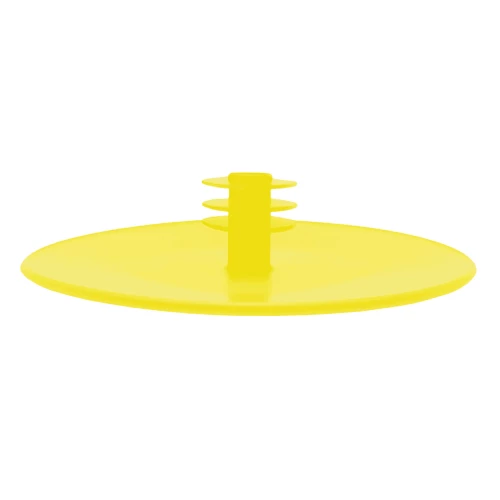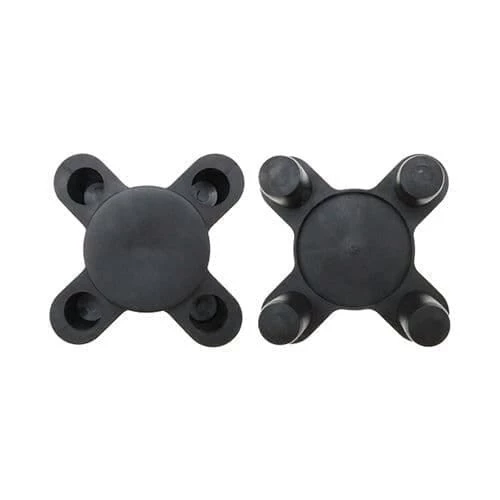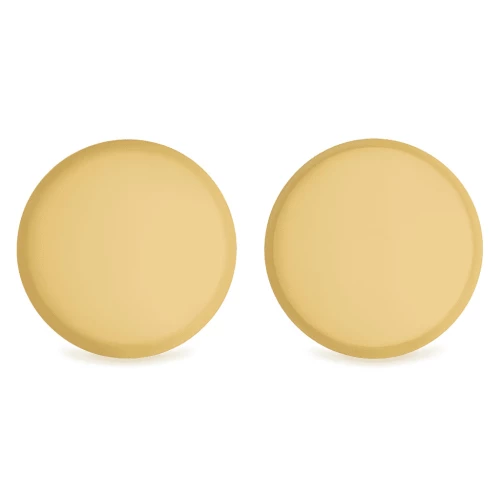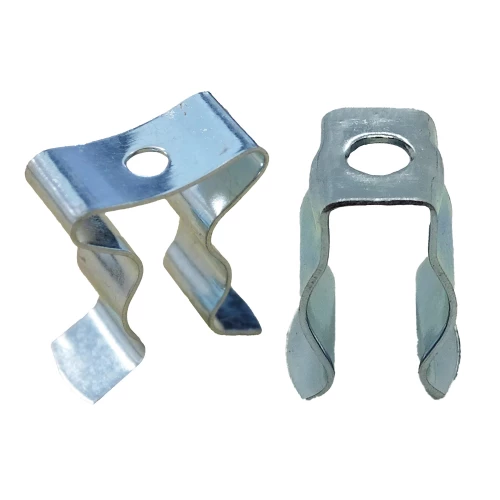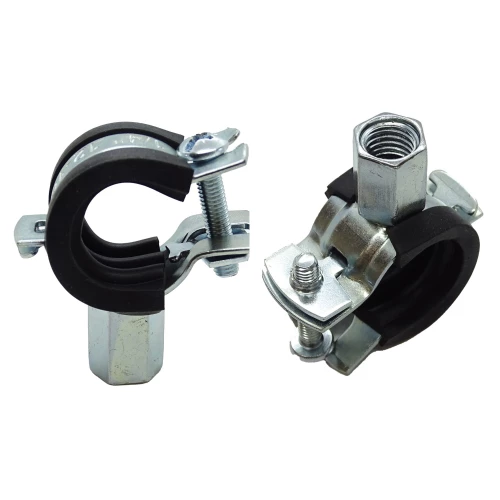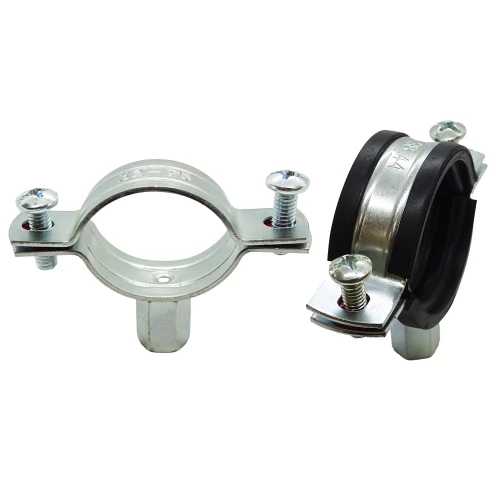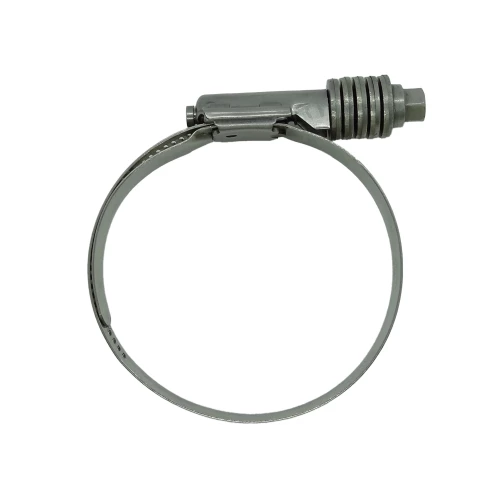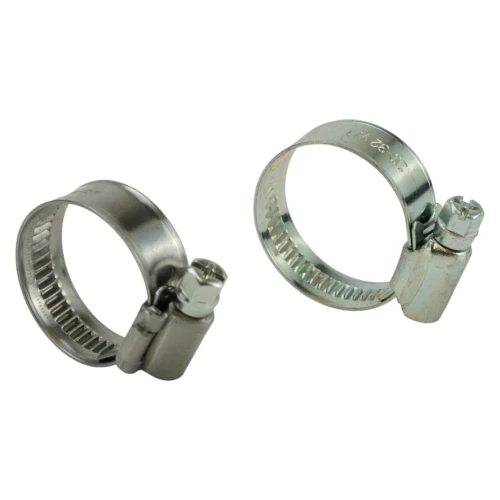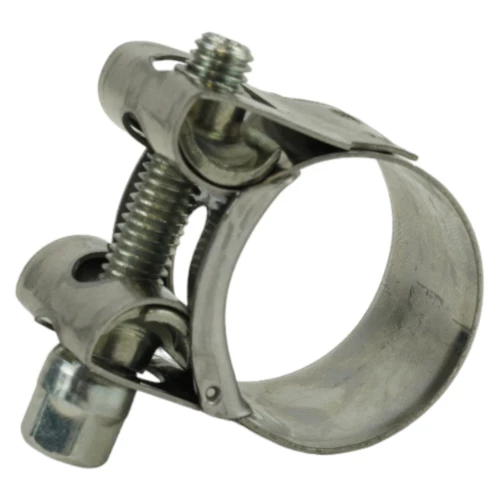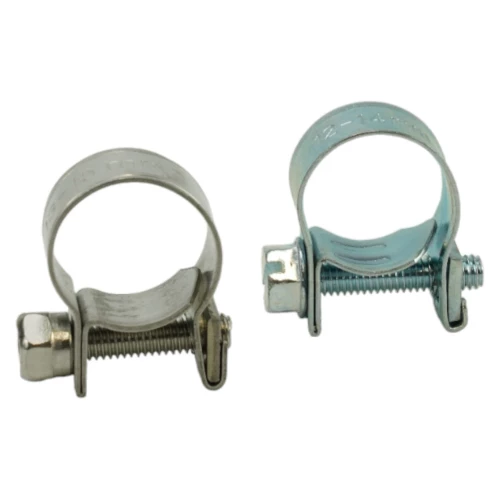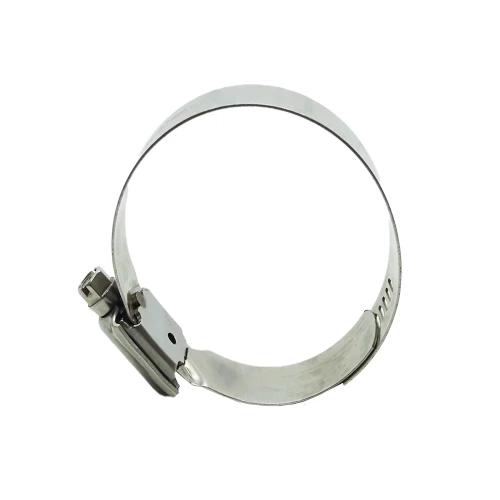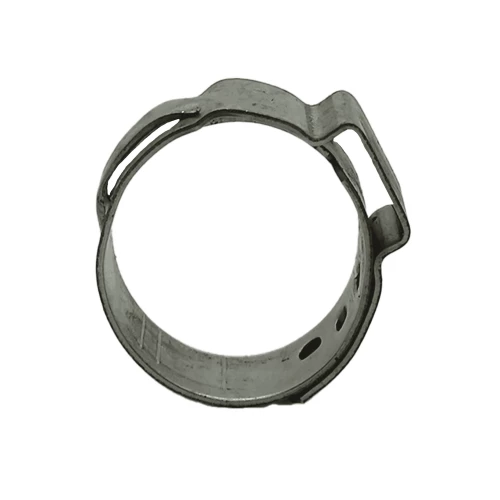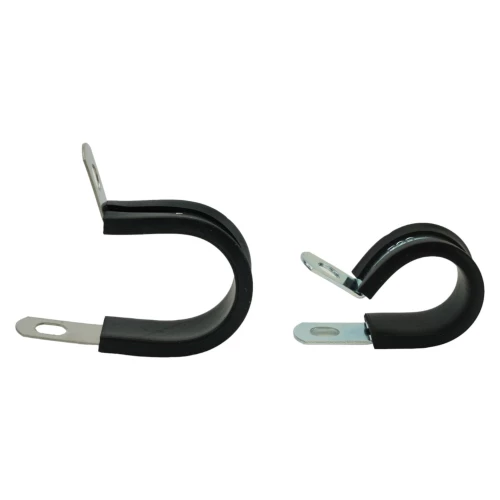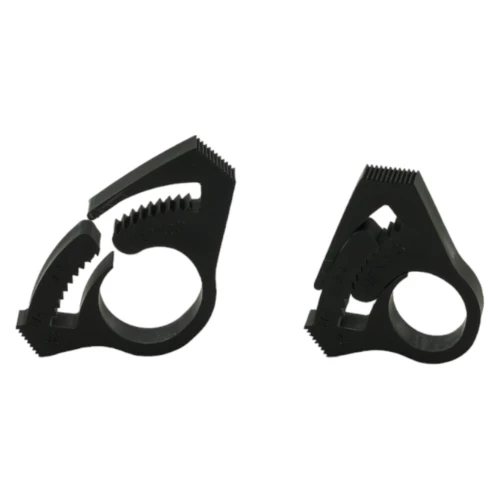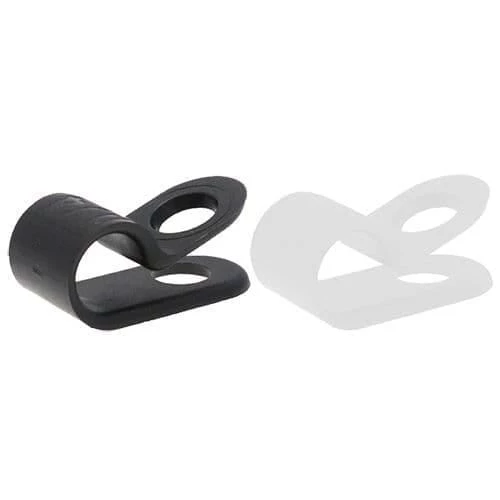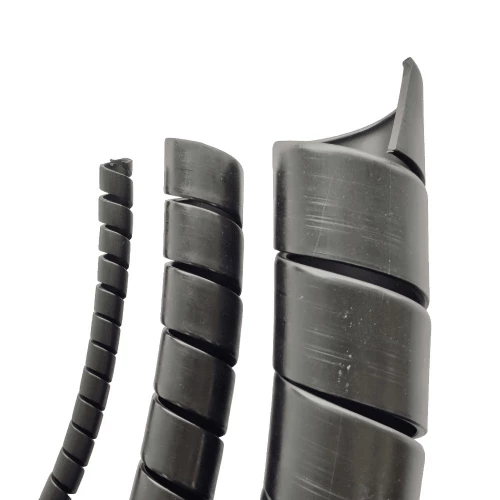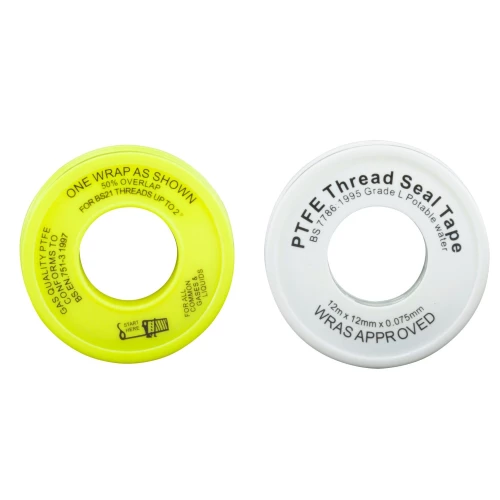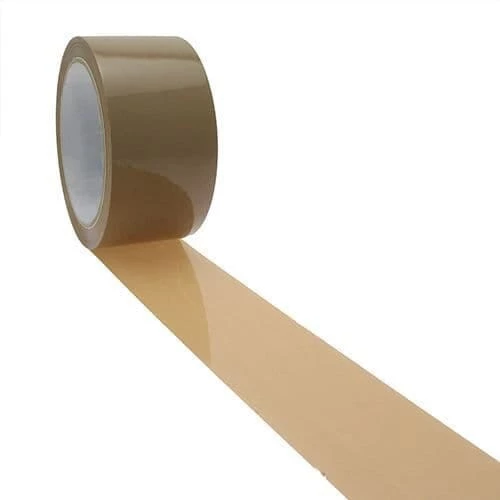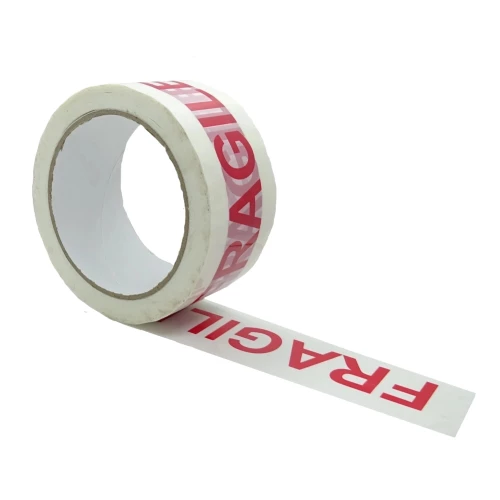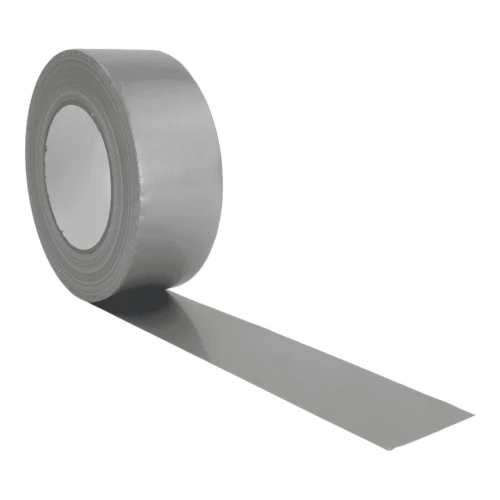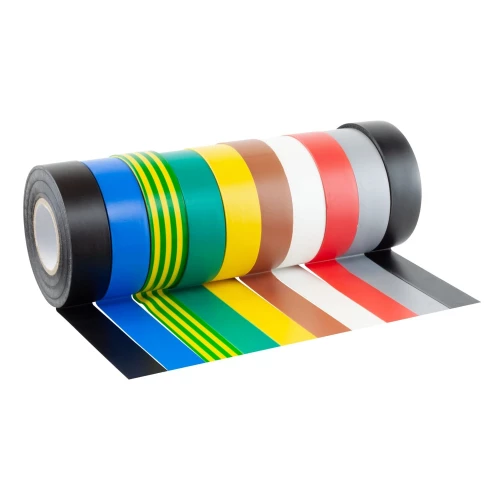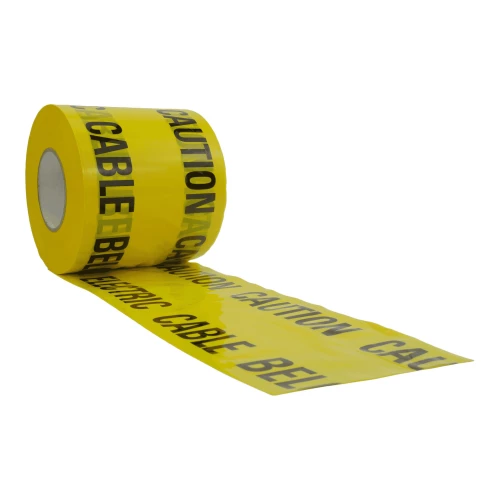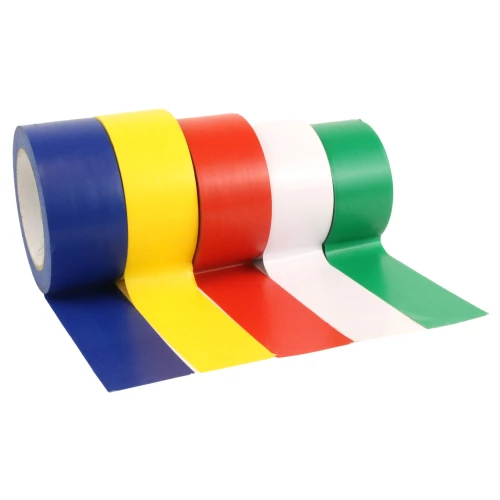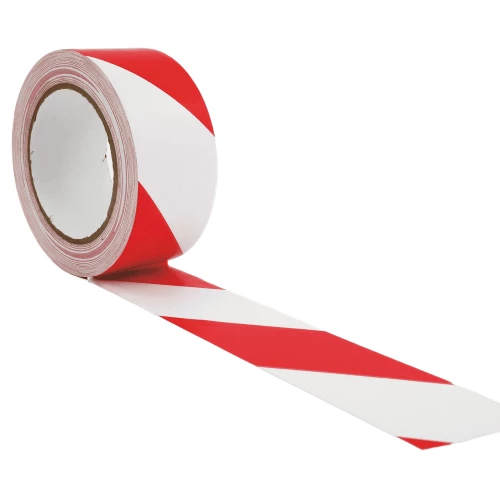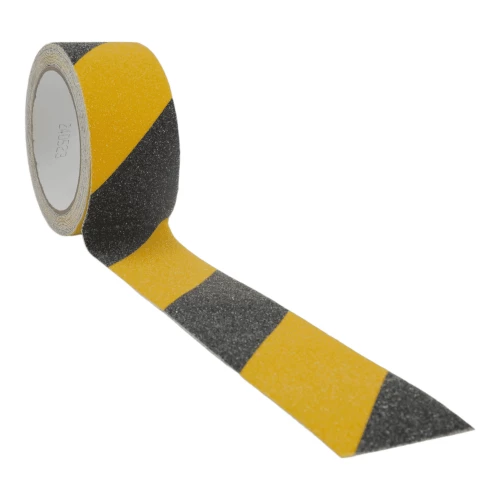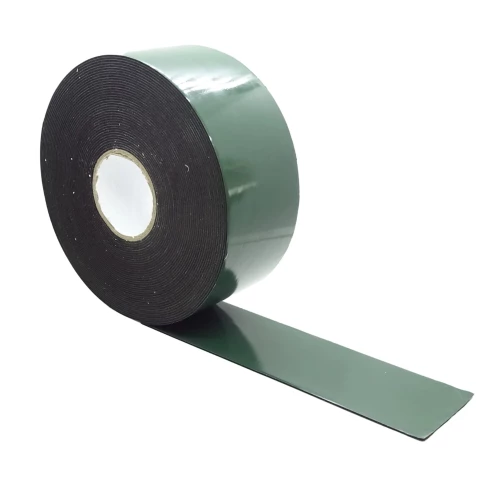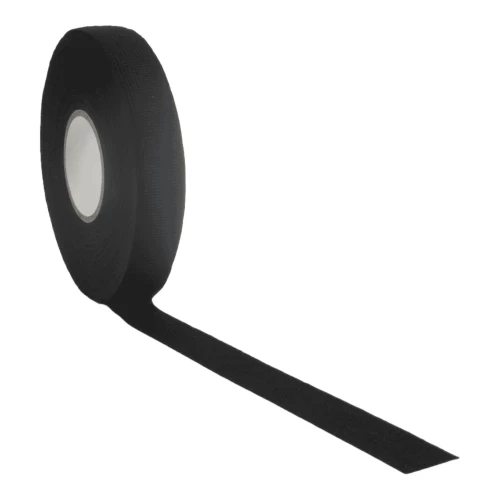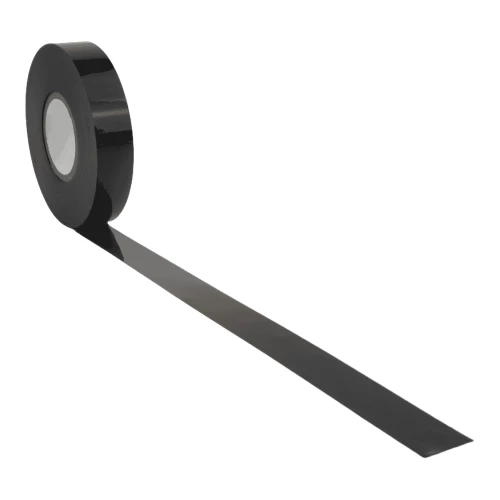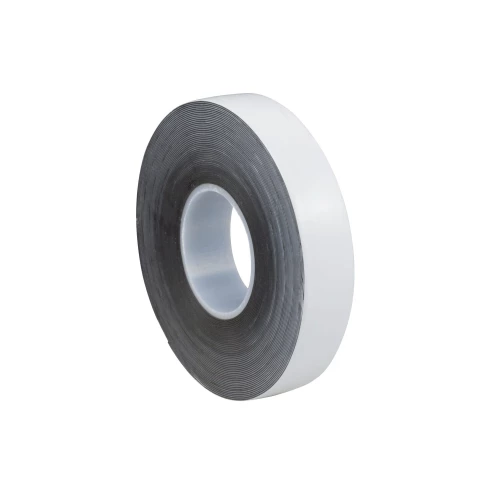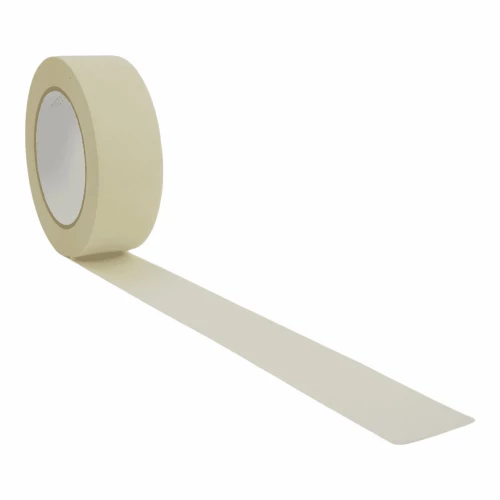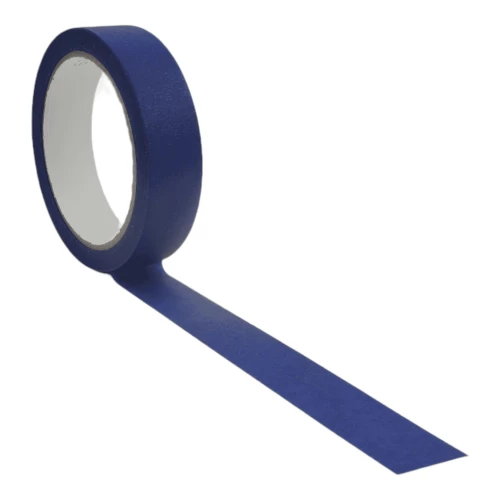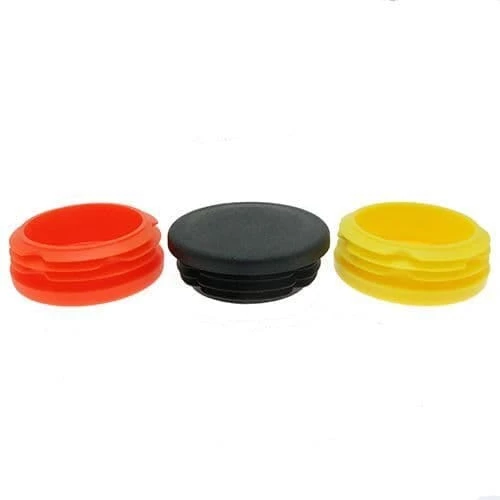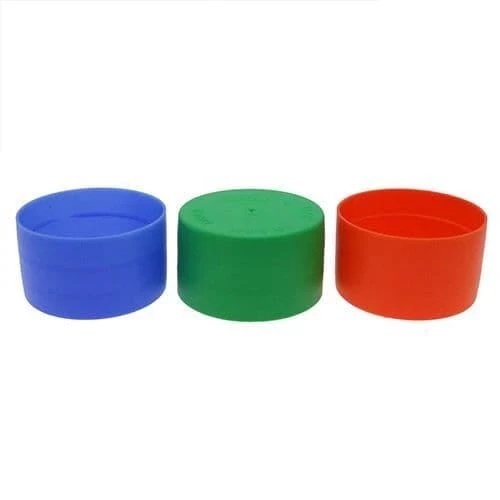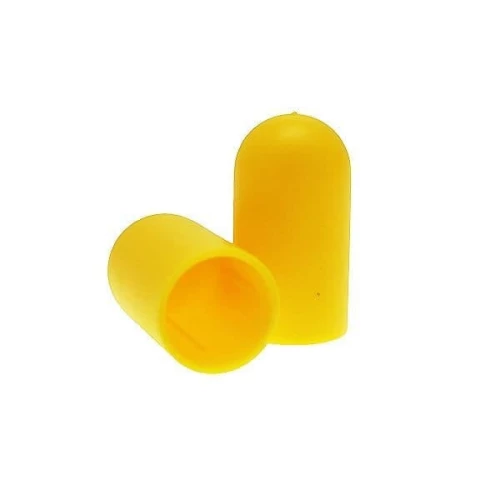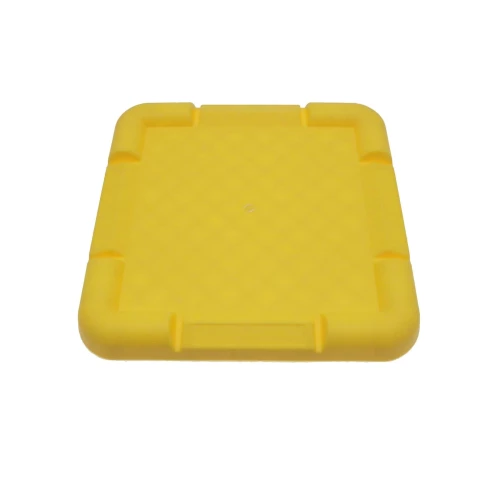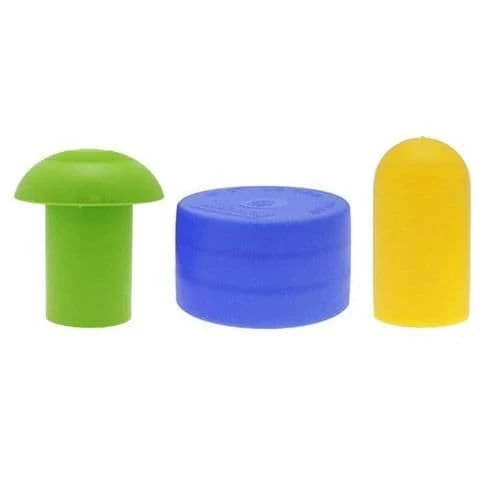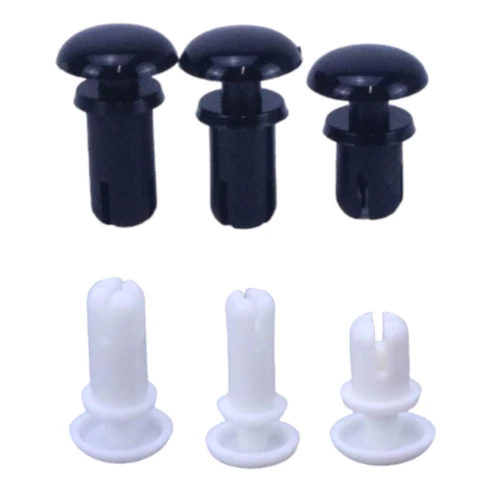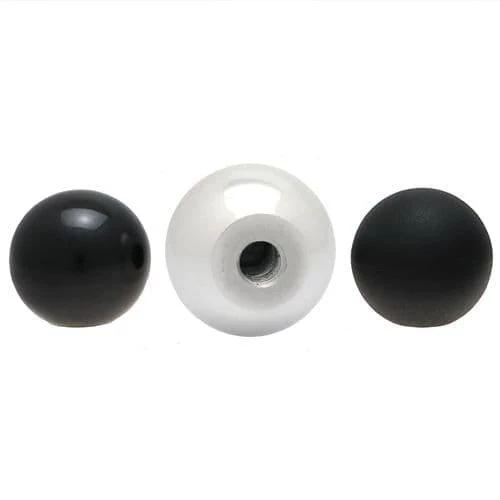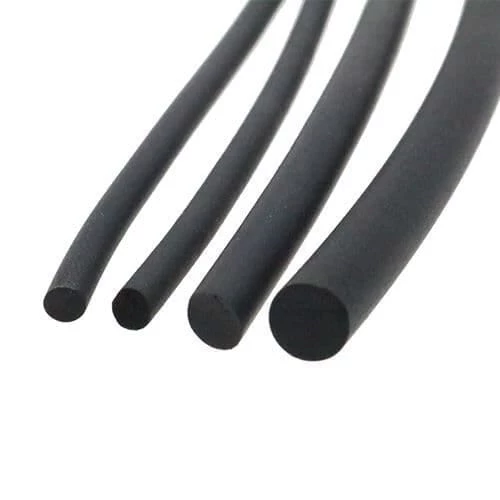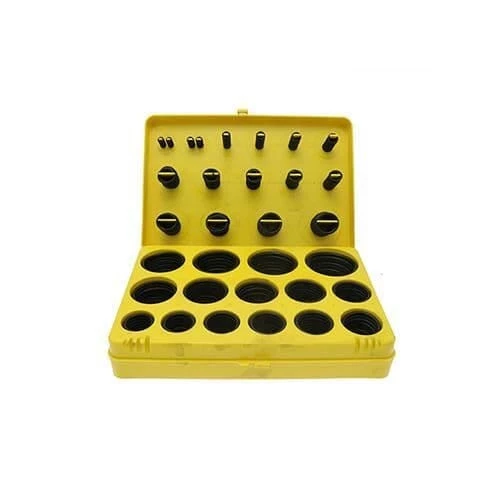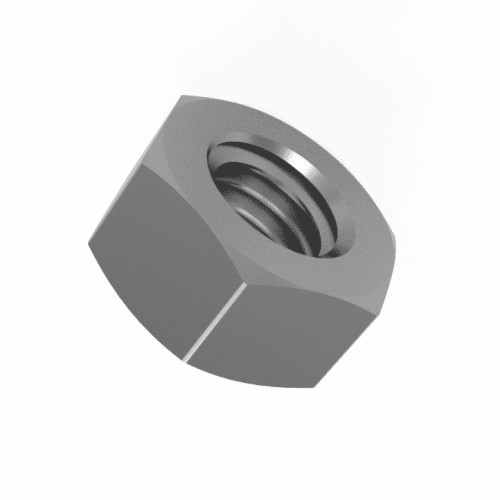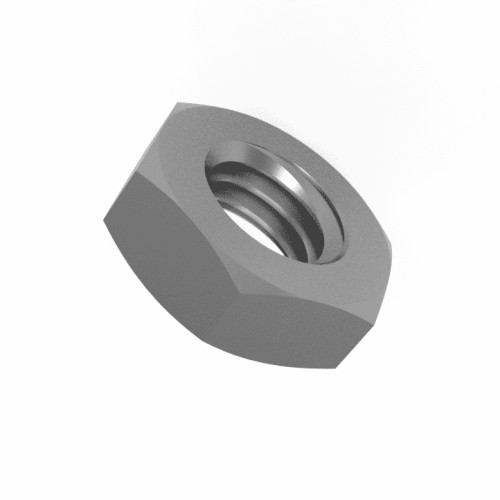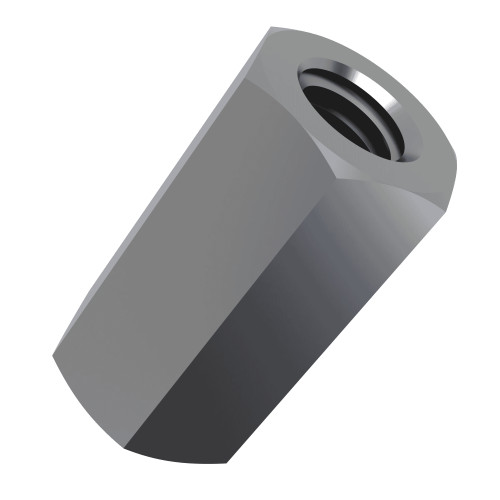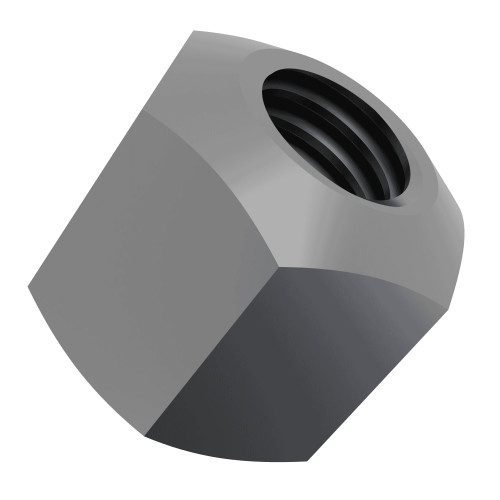
Standard Hex Nuts
We stock a wide range of high-quality hex nuts designed to meet the diverse needs of various industries. Manufactured from A2 and A4 stainless steel, our hex nuts offer exceptional corrosion resistance and are ideal for demanding environments. These hex nuts are available in sizes from M2 to M56!
Explore our range of Standard Hex Nuts:
- Full Hex Nuts (DIN 934): Our standard hex nuts provide a secure and reliable fastening solution for a wide range of applications.
- Half Hex Nuts (DIN 439): Ideal for applications where space is limited, half hex nuts offer a lower profile while maintaining a secure grip.
- Studding Connector Nuts (DIN 6334): Designed to securely connect two threaded rods or studs, these nuts are essential for various construction and engineering applications.
- Spherical Seating Hex Nuts (DIN 6330): Featuring a spherical seating surface, these nuts compensate for minor misalignments between mating surfaces, ensuring a secure fit even when perfect parallelism cannot be achieved.
Choosing betwen Full and Half Hex Nuts:
- Use Full Hex Nuts in applications where space is not a constraint and a larger bearing surface is required.
- Choose Half Hex Nuts when space is limited, such as in confined areas or where clearance is critical. Half Hex Nuts can also be used as jam nuts, where two nuts are used and tightened against one another to create friction and lock them in place.
Stainless Steel Properties:
- Corrosion Resistance: Our stainless steel nuts offer excellent resistance to corrosion, making them ideal for use in marine, outdoor, and food processing environments.
- High Strength: Stainless steel provides high strength and durability, ensuring reliable performance in demanding applications.
To learn more about stainless steel, check out our related blogs:
- Stainless Steel Equivalent Grades
- Stainless Steel Tightening and Breaking Torques
- Stainless Steel Chemical Resistance Table
- What is the difference between A2 and A4 Stainless Steel
- Does Stainless Steel Rust
Metric Threads:
All our hex nuts are manufactured with metric threads, ensuring compatibility with a wide range of metric fasteners. As standard we list coarse threaded fasteners. Fine Threaded fasteners are available on request. What is the difference between coarse and fine thread?
Beyond Hex Nuts:
In addition to our extensive range of standard hex nuts, we also offer:
- Nyloc Nuts: Self-locking nuts that provide a secure and vibration-resistant connection.
- Flange Nuts: Provide a larger bearing surface and improved load distribution.
- Dome Nuts: Offer a decorative finish and can be used as a cover for the nut.
Nut Accessories:
- Nut Caps: Protect the threads of your nuts from damage and provide a more aesthetically pleasing finish. Availabe in LDPE or PP in a range of styles, colours and sizes!
We also stock a comprehensive range of Washers and Male Threaded Fasteners to complete your fastening solutions.
Frequently Asked Questions
Why is it called a hex nut?
The name hex nut is short for hexagonal nut, so hex nuts are named after their hexagonal, six sided shape. This is probably the typical nut that most people visualise when you talk about a fastening nut. The hex nut has become one of the most commonly used nuts in the UK market. You'll see it being used in applications across the construction, engineering and automotive industries, and in many DIY projects. Its hexagonal design makes hexagonal nuts easy to grip with wrenches and pliers, streamlining the tightening and loosening processes. The hex nut's shape sets it apart from other popular nuts such as wing nuts and square nuts.
What types of hex nuts are there?
We sell standard hex nuts in two styles, a half hex nut and a full hex nut. Both are available in different stainless steel grades, providing options for A2 hex nuts and A4 hex nuts. The main difference between a stainless full hex nut and a stainless half hex nut is seen in their respective heights and usages. The full hex nut is the standard hex nut that is used for general fastening of bolts, screws, threaded rods and other components. The half hex nut is a thinner version of this, with a reduced height, it can be referred to as a jam nut or simply a thin nut. Its reduced height makes it a good choice for applications with limited space or very short threads, where a full size hex nut would not fit. Additionally, they are often used as a secondary nut, alongside a full hex nut. In this role the half hex nut acts as a locking nut and helps to prevent the primary full hex nut from loosening. This could be useful in applications where the fastened object is subjected to regular vibrations. Similarly, another popular anti-loosening strategy is to jam two half hex nuts next to each other and then tighten them into each other. Hence the name jam nut - thanks to the reduced height of the half hex nuts, using two won't take much more space than using one full hex nut.
Do you only sell stainless steel hex nuts?
Our range of metal hex nuts is focused around stainless steel hex nuts. This is because of the high quality and premium finish of these products, which makes them a reliable and long lasting fastening solution with grades of stainless that can perform well even in harsh marine or industrial environments. Despite not being listed, we can also provide titanium hex nuts where necessary. This is a high grade material that is usually reserved for specialist applications that need to capitalise on the excellent strength to weight ratio, low weight and exceptional corrosion resistance that titanium offers. The aerospace and performance automotive industry provide two good examples of this.
Why are your hex nuts made from stainless steel?
The main advantage of using stainless steel for a hex nut is the resulting strength and durability of the product. Stainless steel hex nuts are able to withstand high pressures and temperatures over long periods of time without breaking. This makes them well suited for use in heavy machinery, heavy load applications or in punishing environments where other metals would degrade. Their resistance to rust and corrosion adds to the long lifespan of the product. In fact, A4 hex nuts can be used in coastal environments or on boats and function well despite regular contact with salt water. Stainless steel hexagonal nuts are also simple to maintain, and their shiny and smooth appearance adds a nice finishing aesthetic to any application. In summary, stainless steel hex nuts are a dependable fastening solution that can be relied upon to perform well over long periods of time, in almost any application.
What is the difference between a nut and a hex nut?
A nut is a general term used to describe a fastener with a threaded hole that is usually used to secure a bolt, threaded rod or other threaded components together. In comparison, a hex nut describes a particular style of nut, which has six sides and is hexagonal in shape. A hex nut is one of the most commonly used nuts in the UK market across many industries and many people visualise this style of nut when they think of a nut. Some other commonly used styles of nuts that we sell include domed nuts, cage nuts, t nuts and shear nuts.
Why is it called a hex nut?
The name hex nut is short for hexagonal nut, so hex nuts are named after their hexagonal, six sided shape. This is probably the typical nut that most people visualise when you talk about a fastening nut. The hex nut has become one of the most commonly used nuts in the UK market. You'll see it being used in applications across the construction, engineering and automotive industries, and in many DIY projects. Its hexagonal design makes hexagonal nuts easy to grip with wrenches and pliers, streamlining the tightening and loosening processes. The hex nut's shape sets it apart from other popular nuts such as wing nuts and square nuts.
What types of hex nuts are there?
We sell standard hex nuts in two styles, a half hex nut and a full hex nut. Both are available in different stainless steel grades, providing options for A2 hex nuts and A4 hex nuts. The main difference between a stainless full hex nut and a stainless half hex nut is seen in their respective heights and usages. The full hex nut is the standard hex nut that is used for general fastening of bolts, screws, threaded rods and other components. The half hex nut is a thinner version of this, with a reduced height, it can be referred to as a jam nut or simply a thin nut. Its reduced height makes it a good choice for applications with limited space or very short threads, where a full size hex nut would not fit. Additionally, they are often used as a secondary nut, alongside a full hex nut. In this role the half hex nut acts as a locking nut and helps to prevent the primary full hex nut from loosening. This could be useful in applications where the fastened object is subjected to regular vibrations. Similarly, another popular anti-loosening strategy is to jam two half hex nuts next to each other and then tighten them into each other. Hence the name jam nut - thanks to the reduced height of the half hex nuts, using two won't take much more space than using one full hex nut.
Do you only sell stainless steel hex nuts?
Our range of metal hex nuts is focused around stainless steel hex nuts. This is because of the high quality and premium finish of these products, which makes them a reliable and long lasting fastening solution with grades of stainless that can perform well even in harsh marine or industrial environments. Despite not being listed, we can also provide titanium hex nuts where necessary. This is a high grade material that is usually reserved for specialist applications that need to capitalise on the excellent strength to weight ratio, low weight and exceptional corrosion resistance that titanium offers. The aerospace and performance automotive industry provide two good examples of this.
Why are your hex nuts made from stainless steel?
The main advantage of using stainless steel for a hex nut is the resulting strength and durability of the product. Stainless steel hex nuts are able to withstand high pressures and temperatures over long periods of time without breaking. This makes them well suited for use in heavy machinery, heavy load applications or in punishing environments where other metals would degrade. Their resistance to rust and corrosion adds to the long lifespan of the product. In fact, A4 hex nuts can be used in coastal environments or on boats and function well despite regular contact with salt water. Stainless steel hexagonal nuts are also simple to maintain, and their shiny and smooth appearance adds a nice finishing aesthetic to any application. In summary, stainless steel hex nuts are a dependable fastening solution that can be relied upon to perform well over long periods of time, in almost any application.
What is the difference between a nut and a hex nut?
A nut is a general term used to describe a fastener with a threaded hole that is usually used to secure a bolt, threaded rod or other threaded components together. In comparison, a hex nut describes a particular style of nut, which has six sides and is hexagonal in shape. A hex nut is one of the most commonly used nuts in the UK market across many industries and many people visualise this style of nut when they think of a nut. Some other commonly used styles of nuts that we sell include domed nuts, cage nuts, t nuts and shear nuts.
How fast can I get my order?
Need your parts tomorrow? Our rapid same day dispatch has got you covered! Simply place your order before 4pm Mon-Thurs or 2pm Friday and select our Next Day Delivery service in the shopping cart. We also offer Guaranteed AM delivery when required, in addition to a Saturday delivery option.
If you don't mind waiting, we have a Free delivery method for orders over £30, and an economic £4.85 2nd Class delivery for orders between £10-£30.
Can I get a Free Sample?
Free Samples can be requested through our product pages, displayed in the sizing table beside the product you require. Please note you can always give us a call on 01233 713 581 or contact us on Live Chat to discuss samples.
Do I need to Sign Up for an account?
You do not need to sign up to place an order, but it is recommended if you'd like to gain loyalty points, giving discount off future orders. To learn more about loyalty points, please view our rewards scheme page.
I am not sure what parts I need?
If you're unsure which part you need then please do not hesitate to give one of our friendly Sales Team a call on 01233 713 581 and they can assist you. Alternatively, we're active on Live Chat during office hours. You can open this using the button in the bottom right corner of the website. Alternatively, you can write to us using our contact form.
Do you offer Returns on Products?
We offer a return period on all of our products to give you peace of mind, to view our policies and learn more about this process should it be required, please see our returns policy page.
Can you supply different colours of this product?
In most cases we have the facilities to offer you different colours of a product, specific to your requirements. Minimum order quantities may apply depending on the manufacturing technique in question, but please get in touch with any queries you may have.
Is there a minimum order value?
Please note that there is a minimum order value of £10 through our website (inclusive of VAT).
If you're new to our website you may want to check out our frequently asked questions section for answers to common customer queries.
What do these abbrievations mean?
While browsing the website you may come across abbreviations used for material names that you are unfamiliar with. You can find an explanation for these in our material abbreviations guide.

Vital Parts is rated 4.79 stars by Reviews.co.uk based on 1209 merchant reviews


